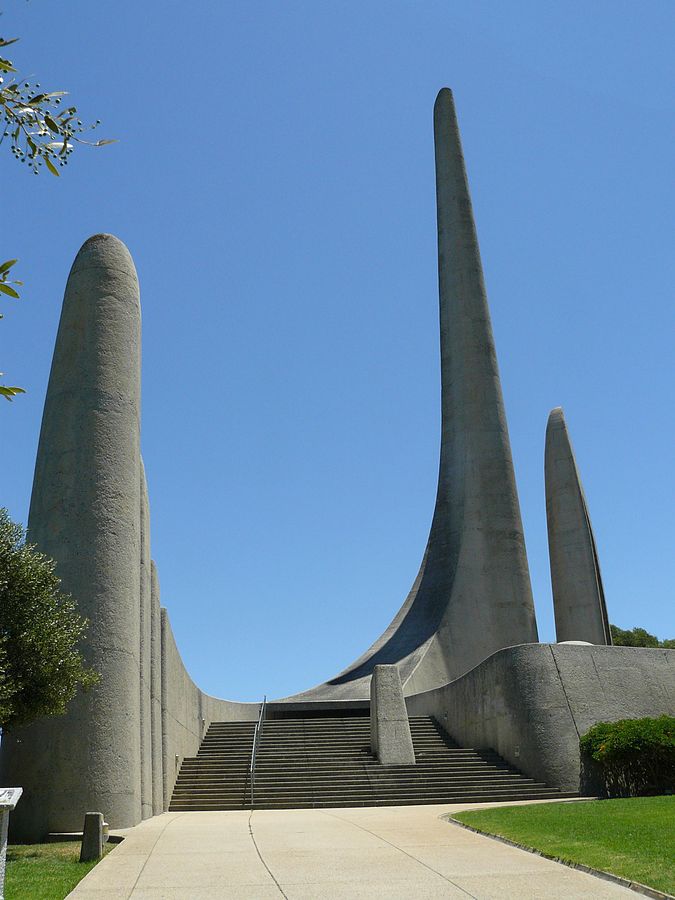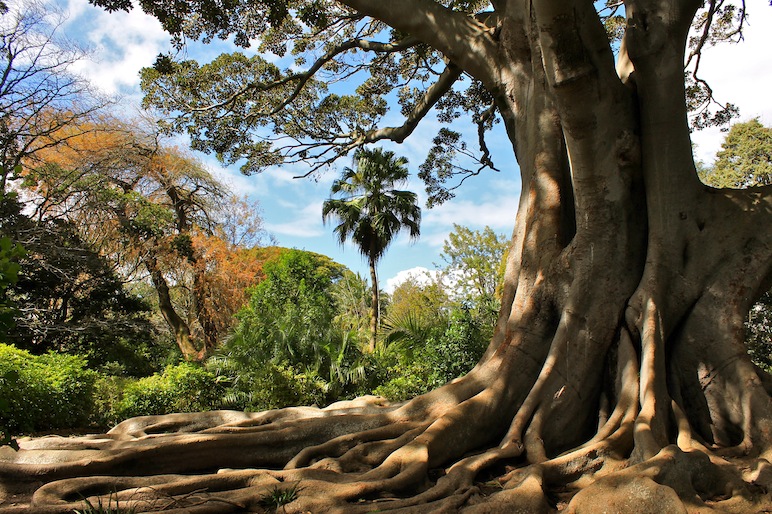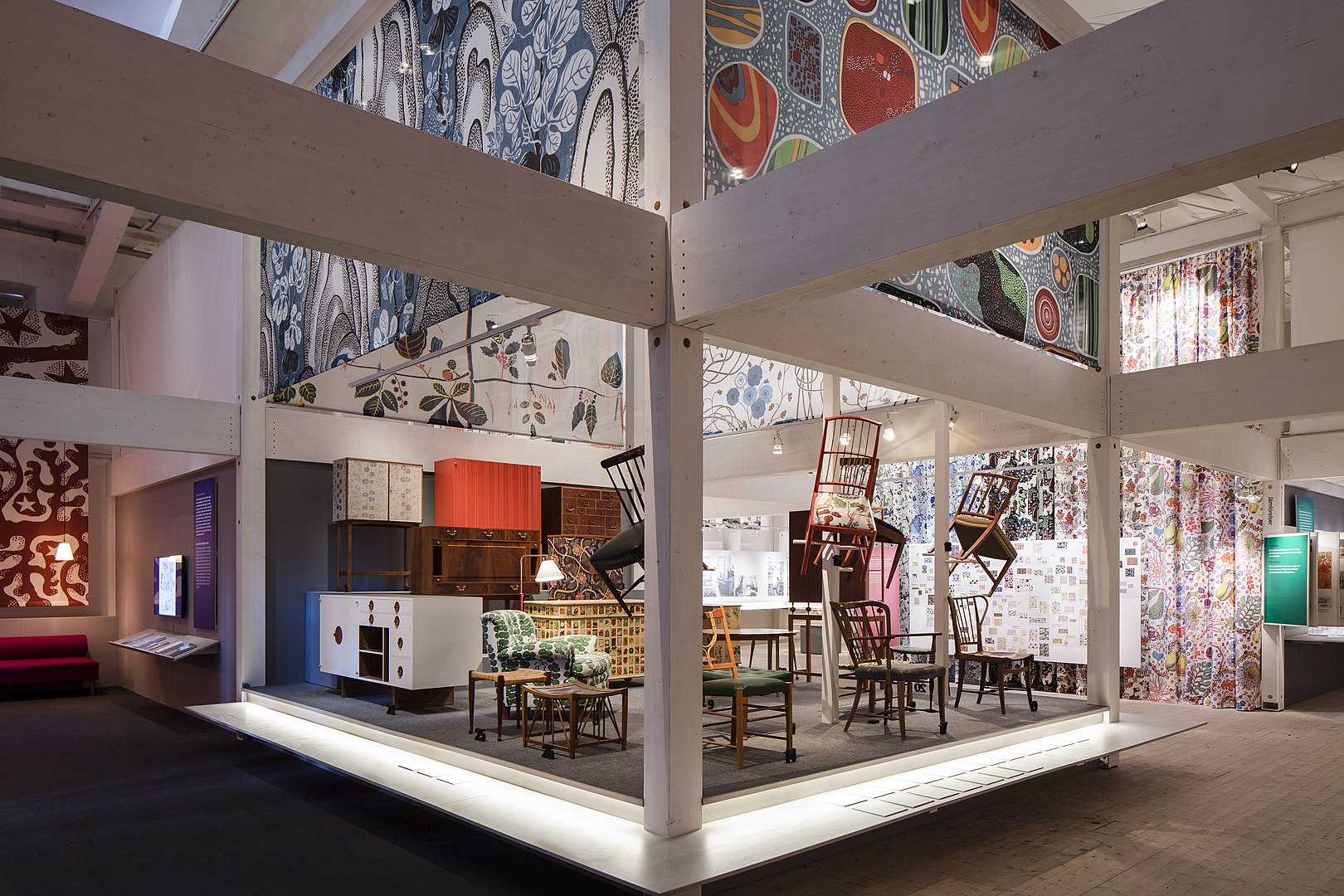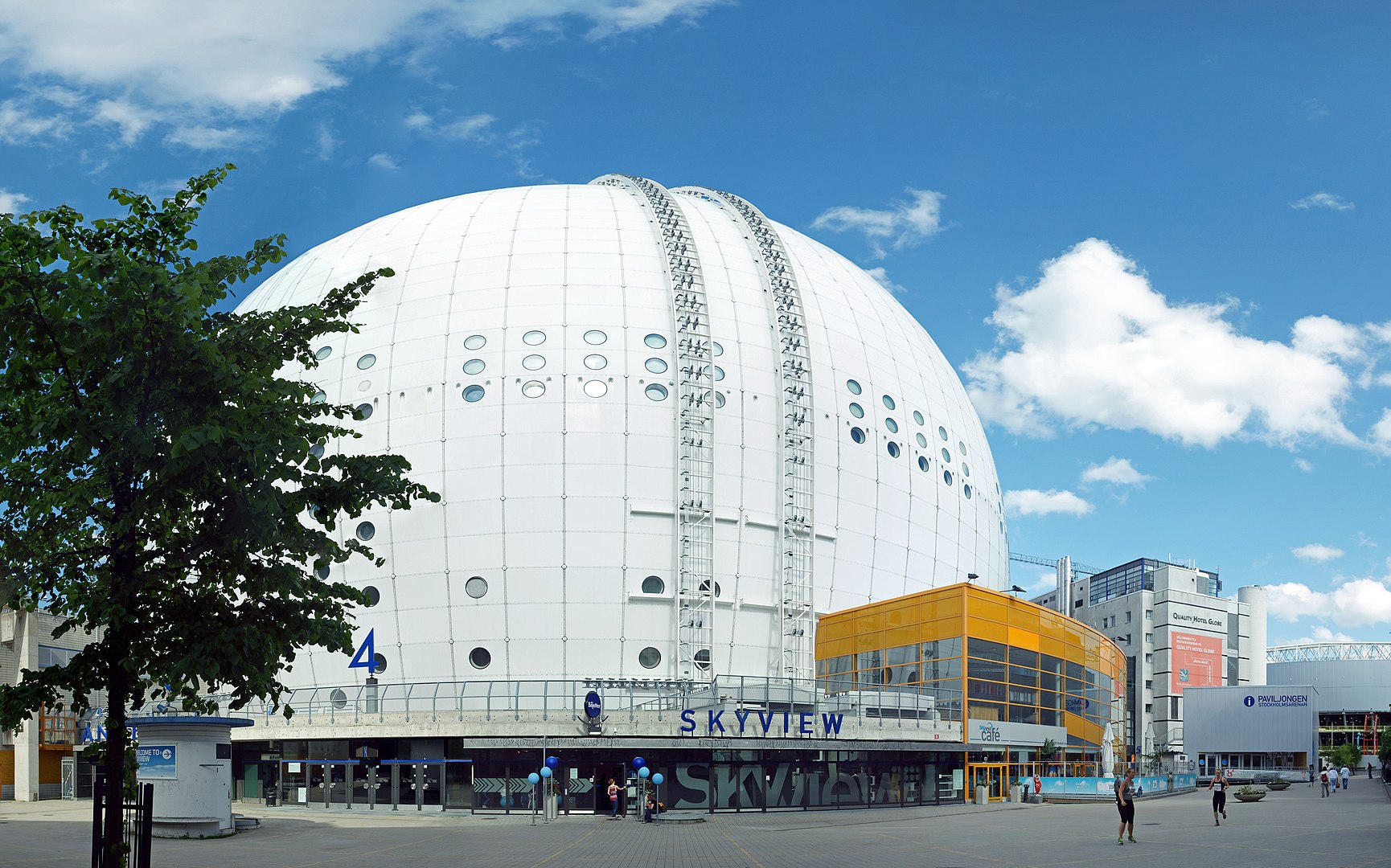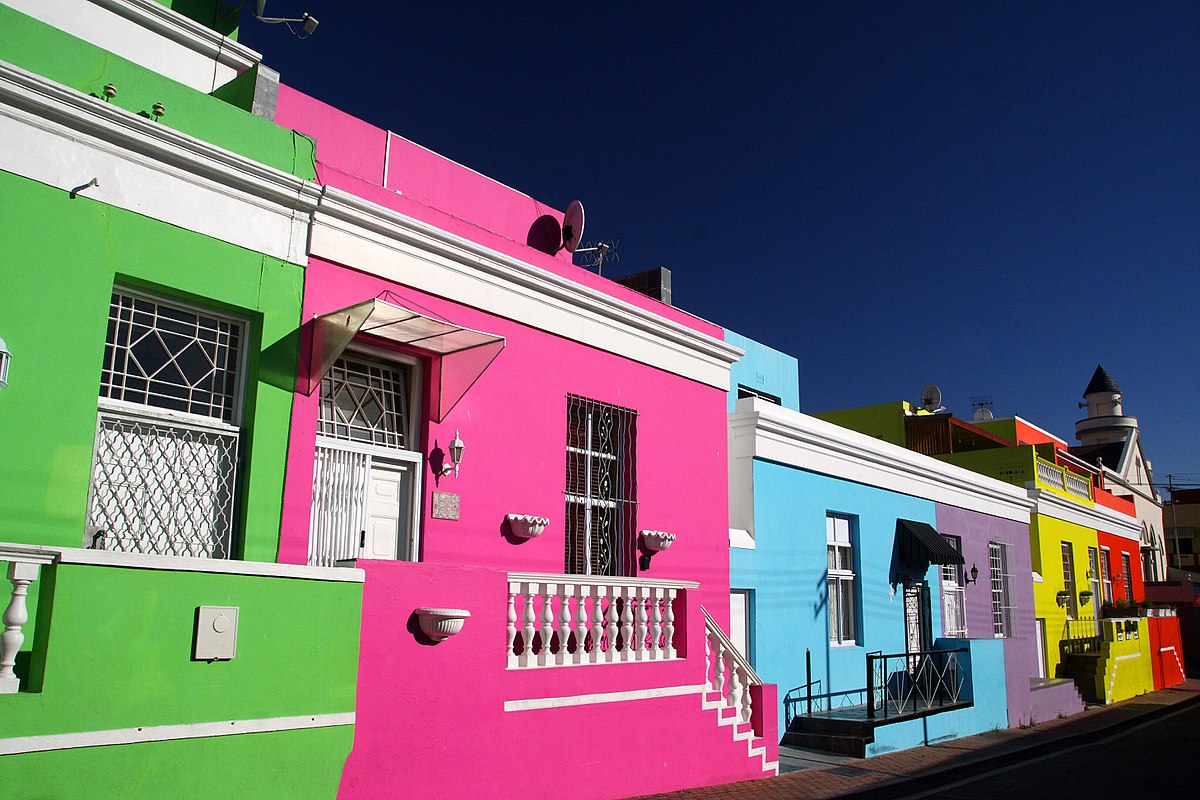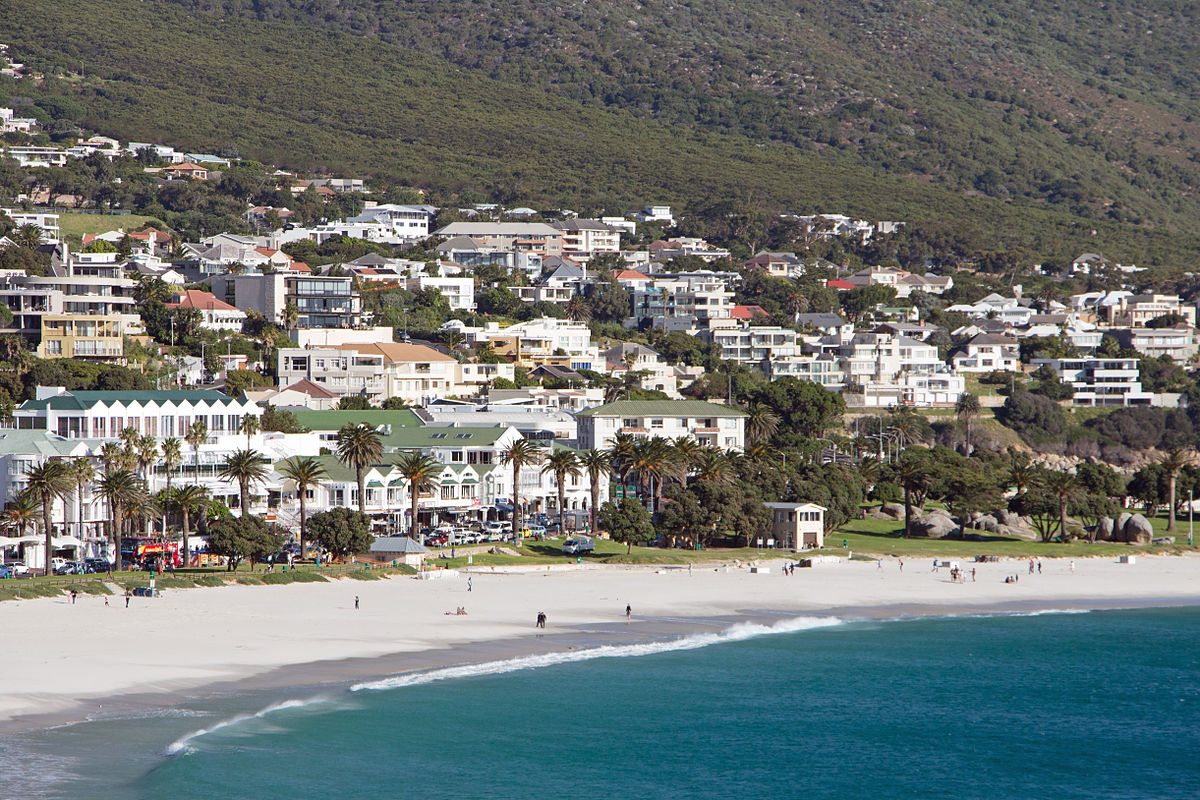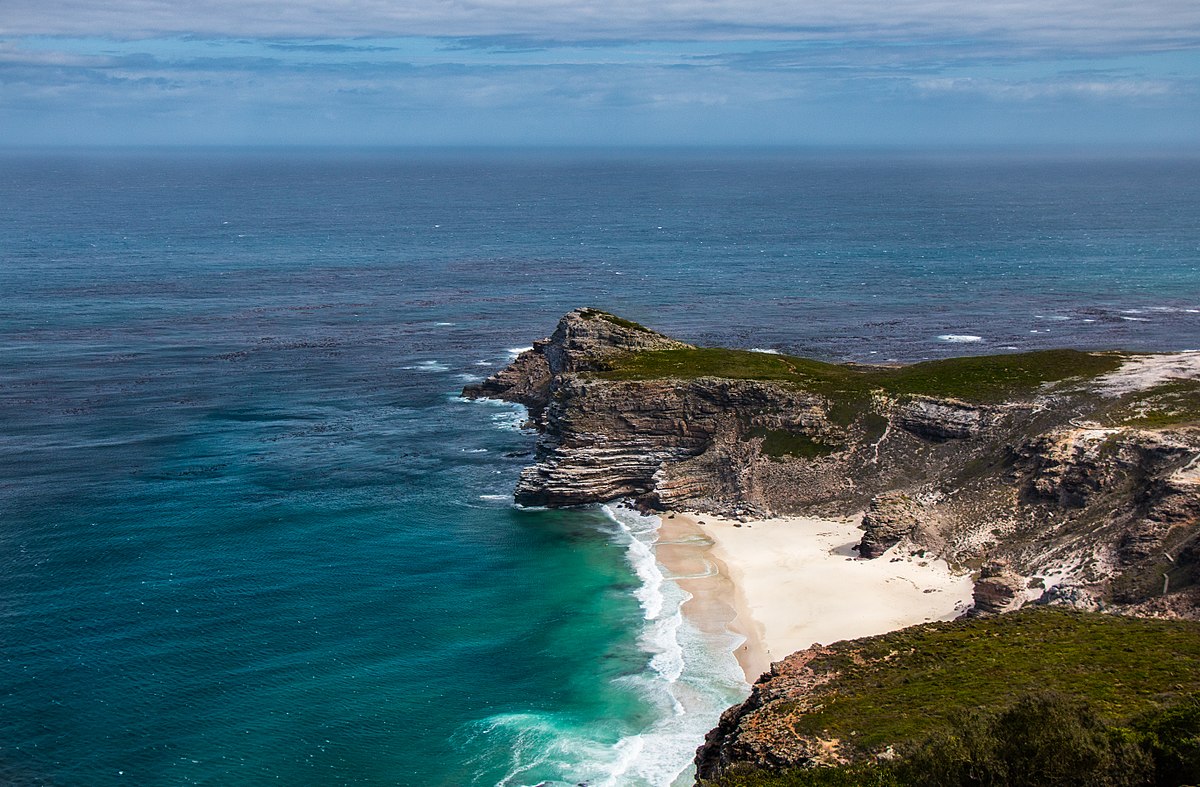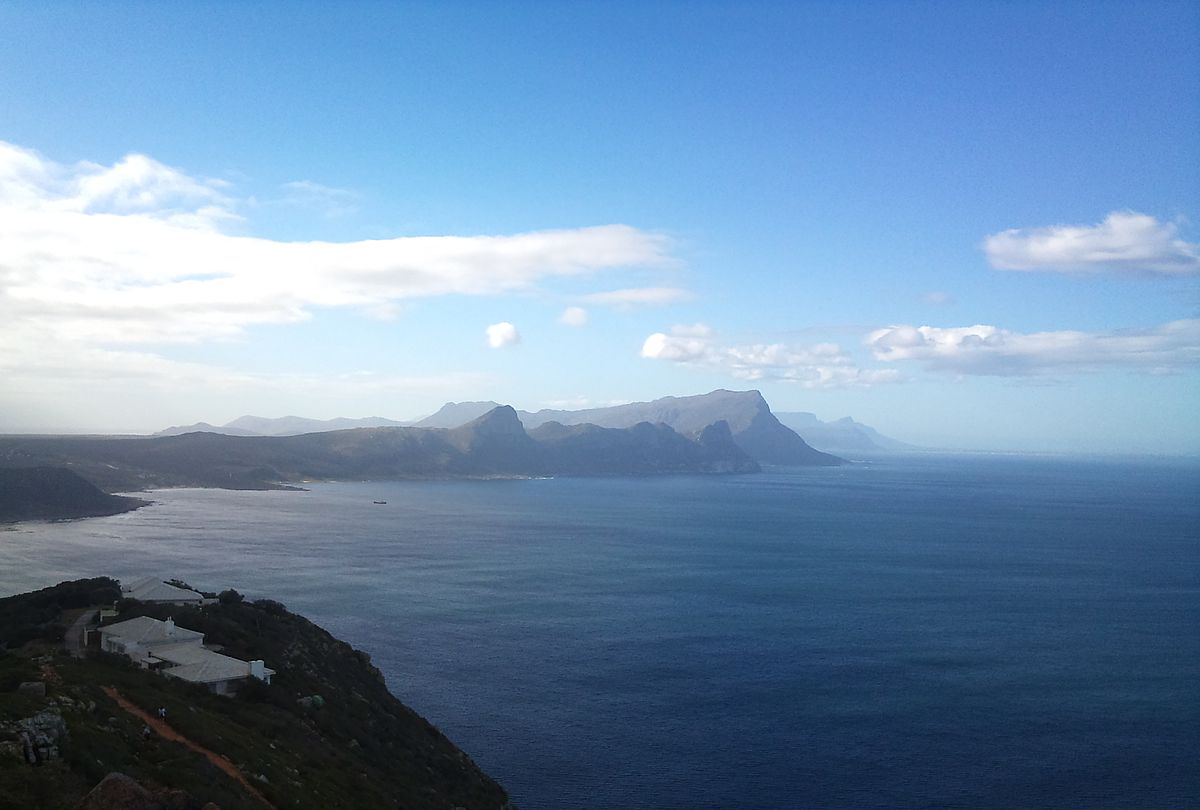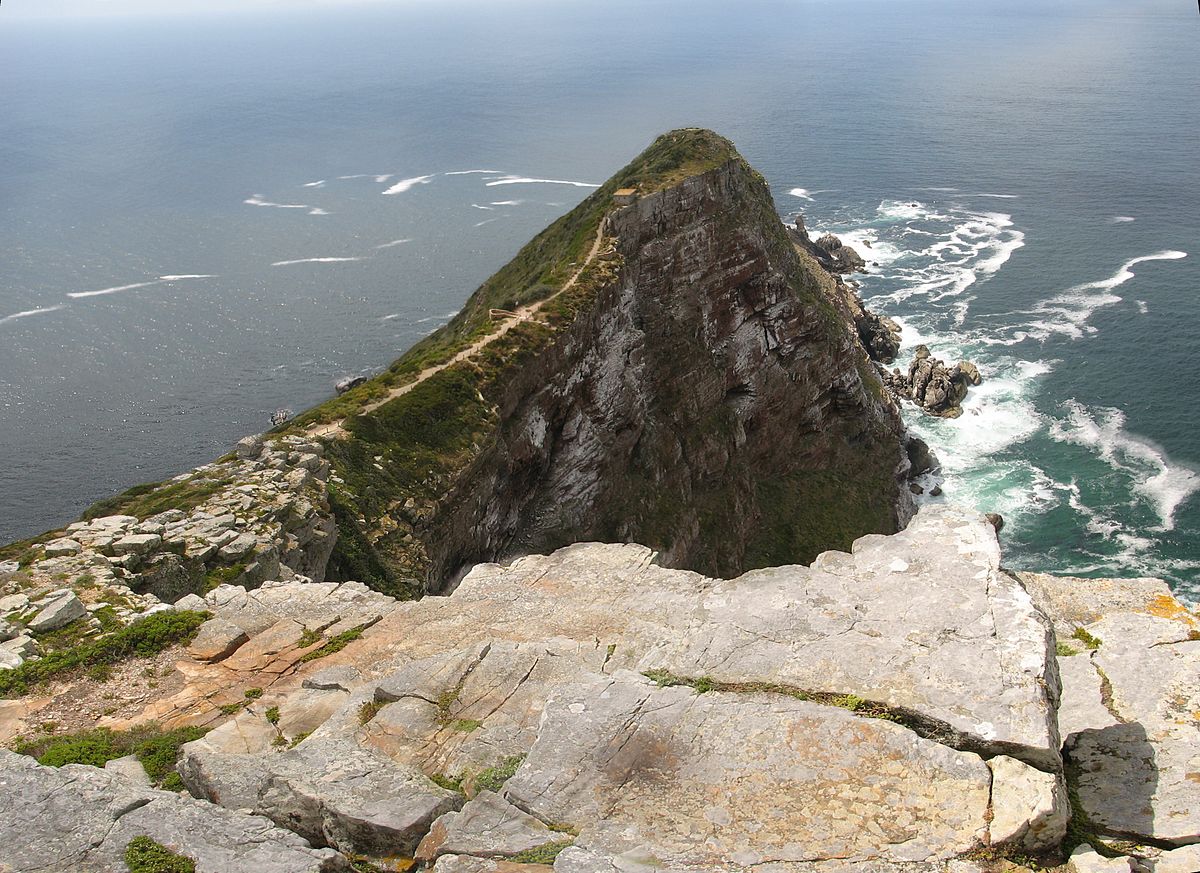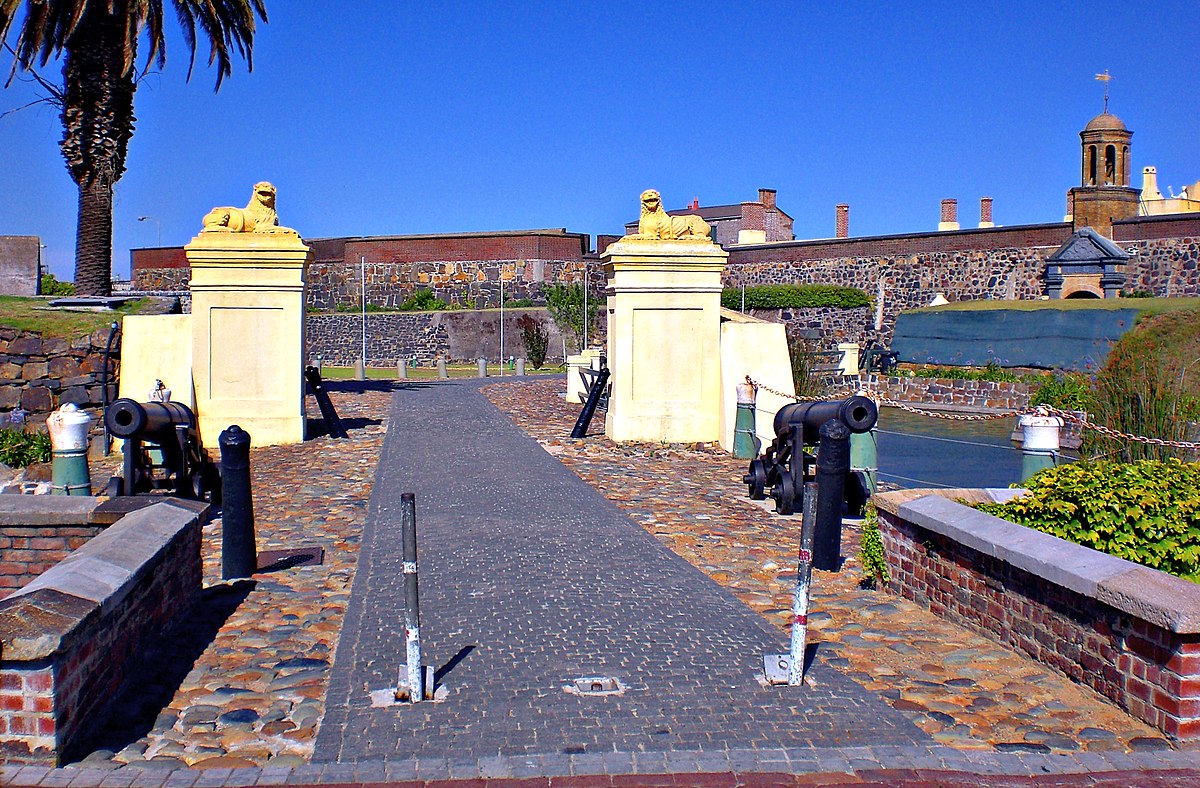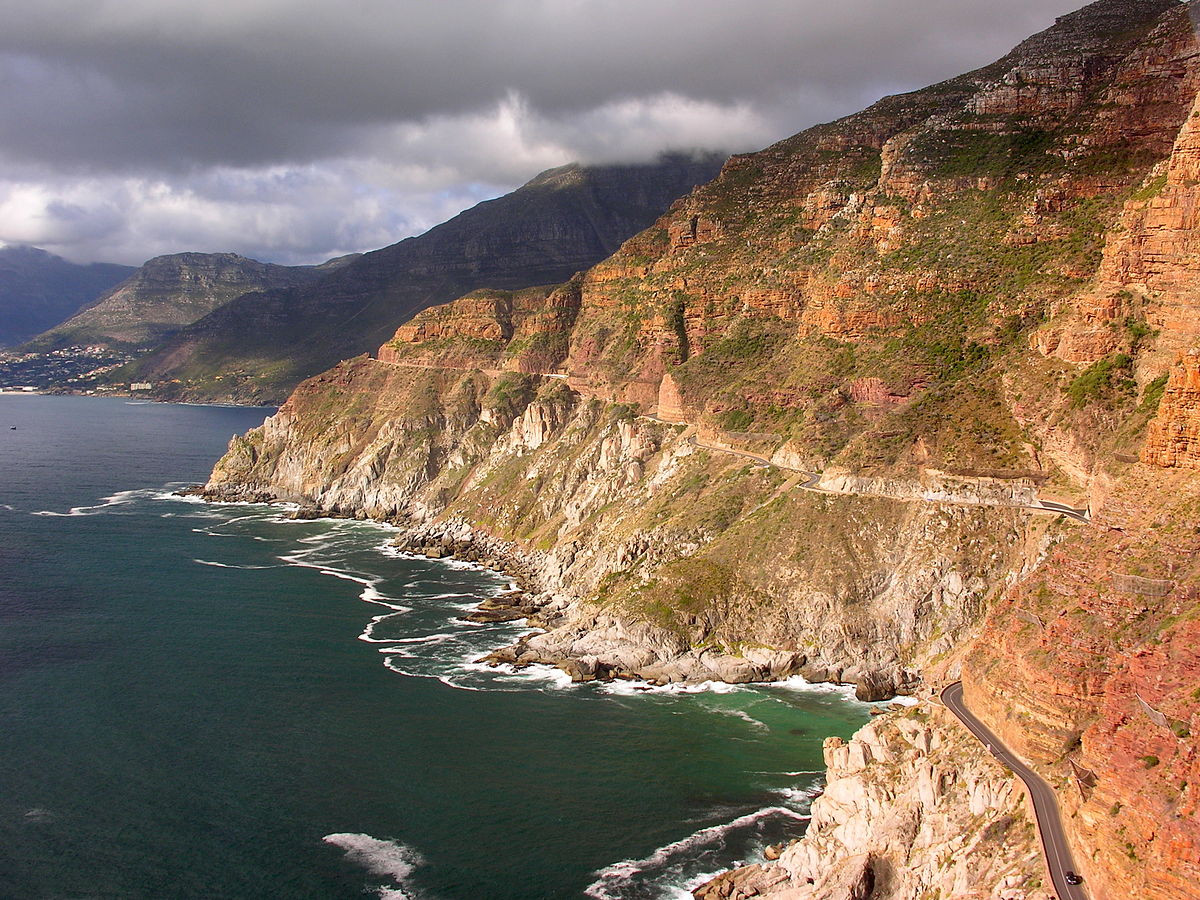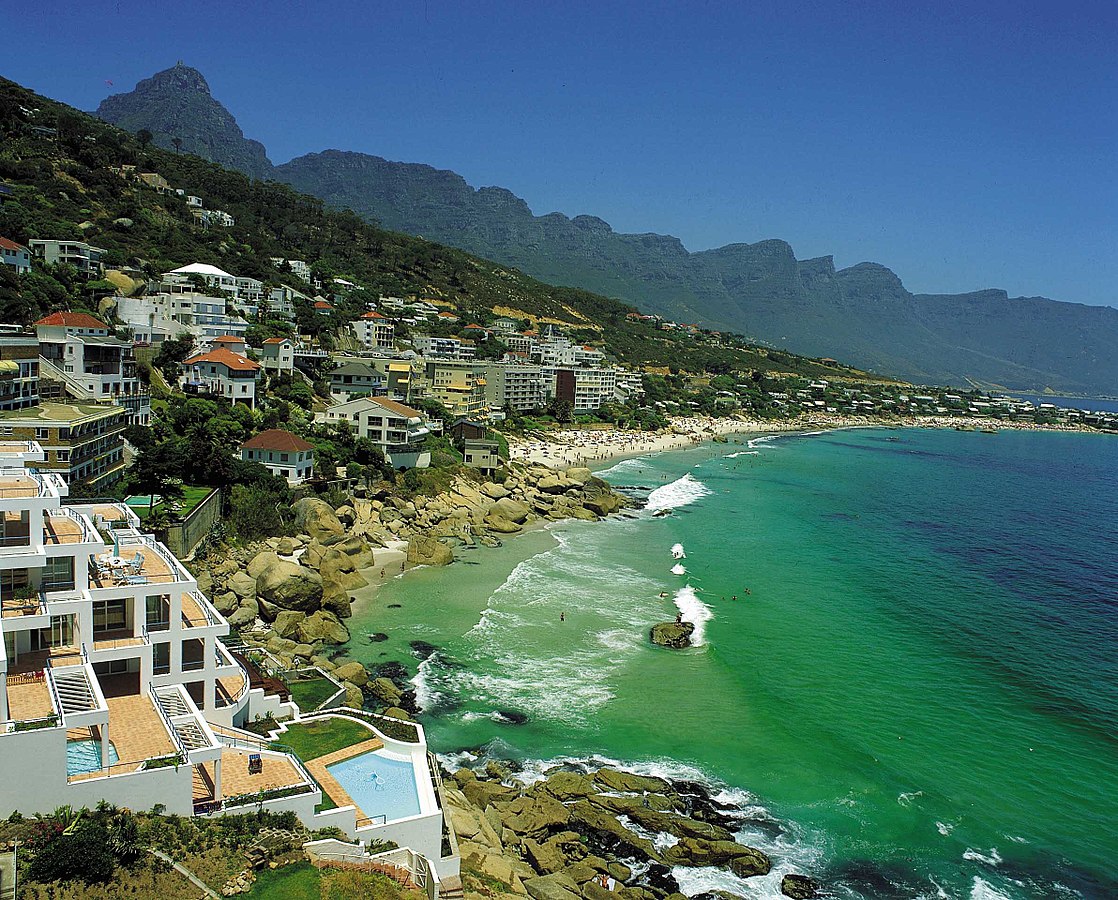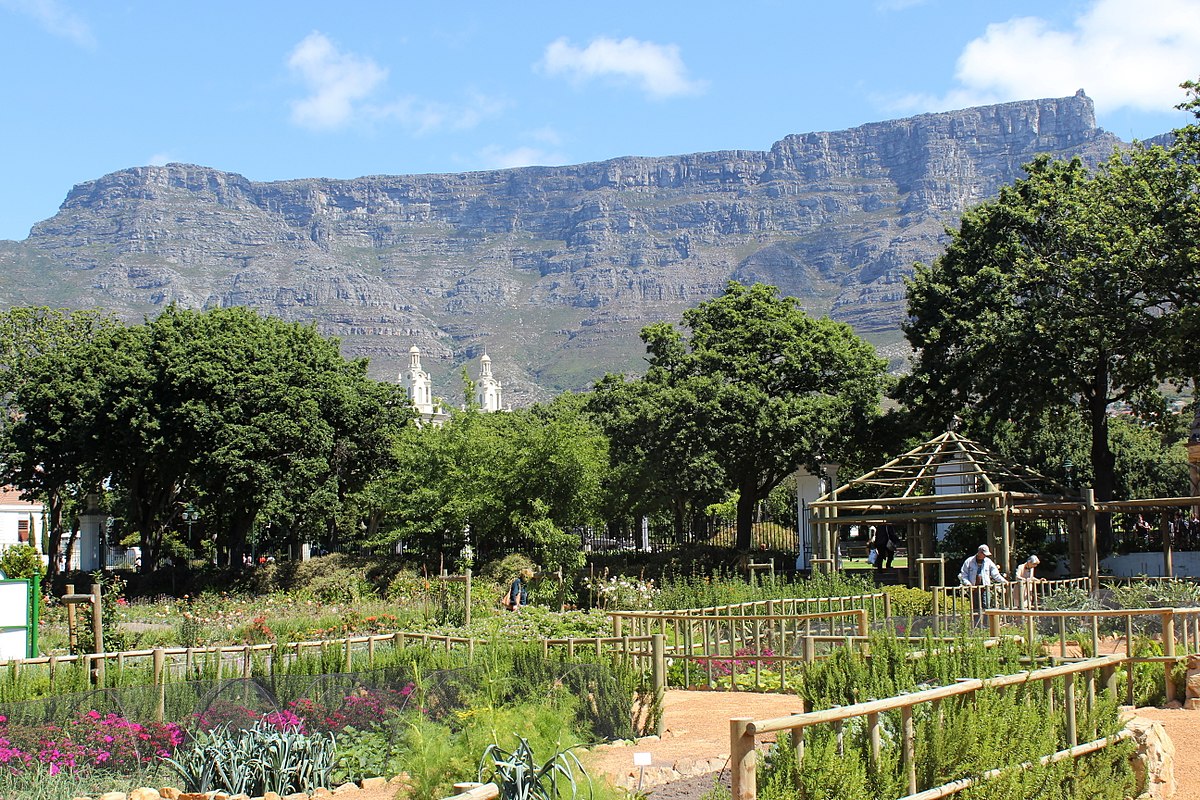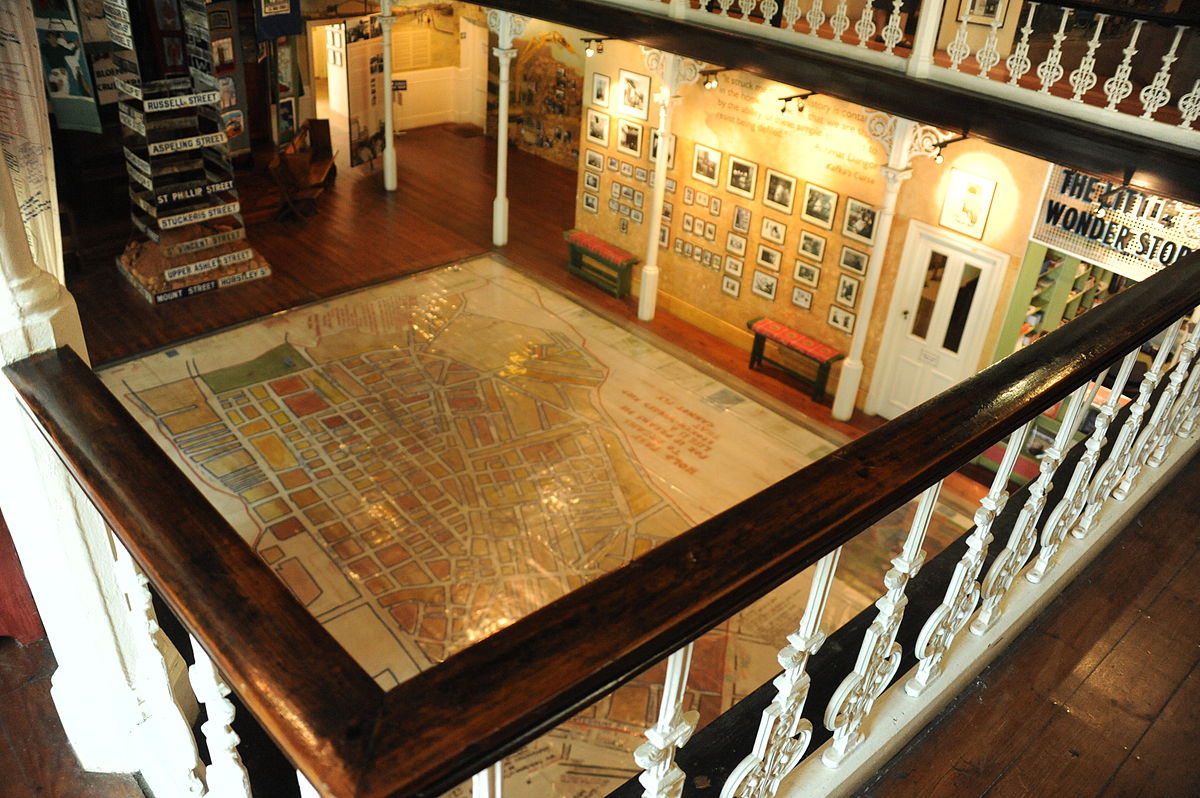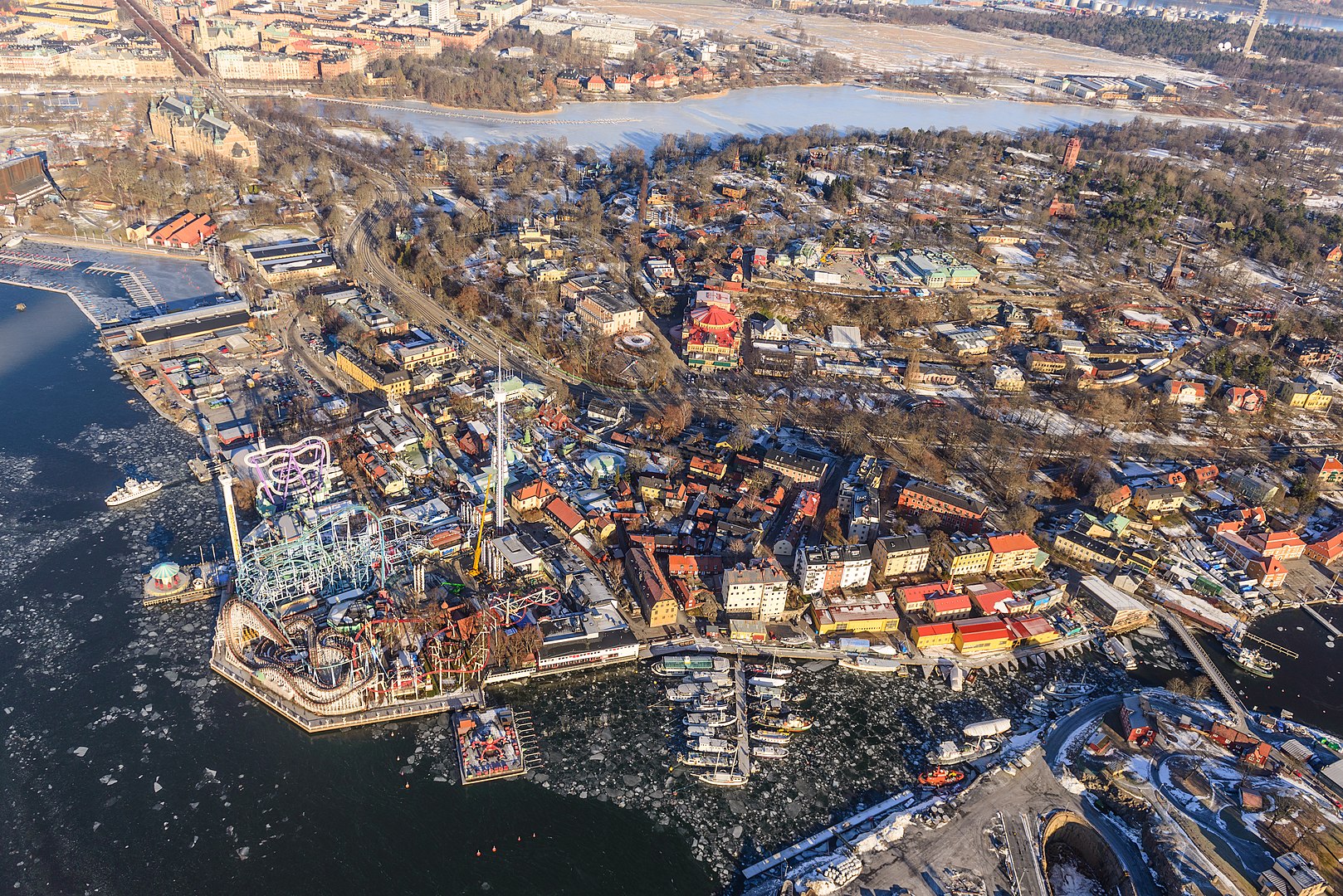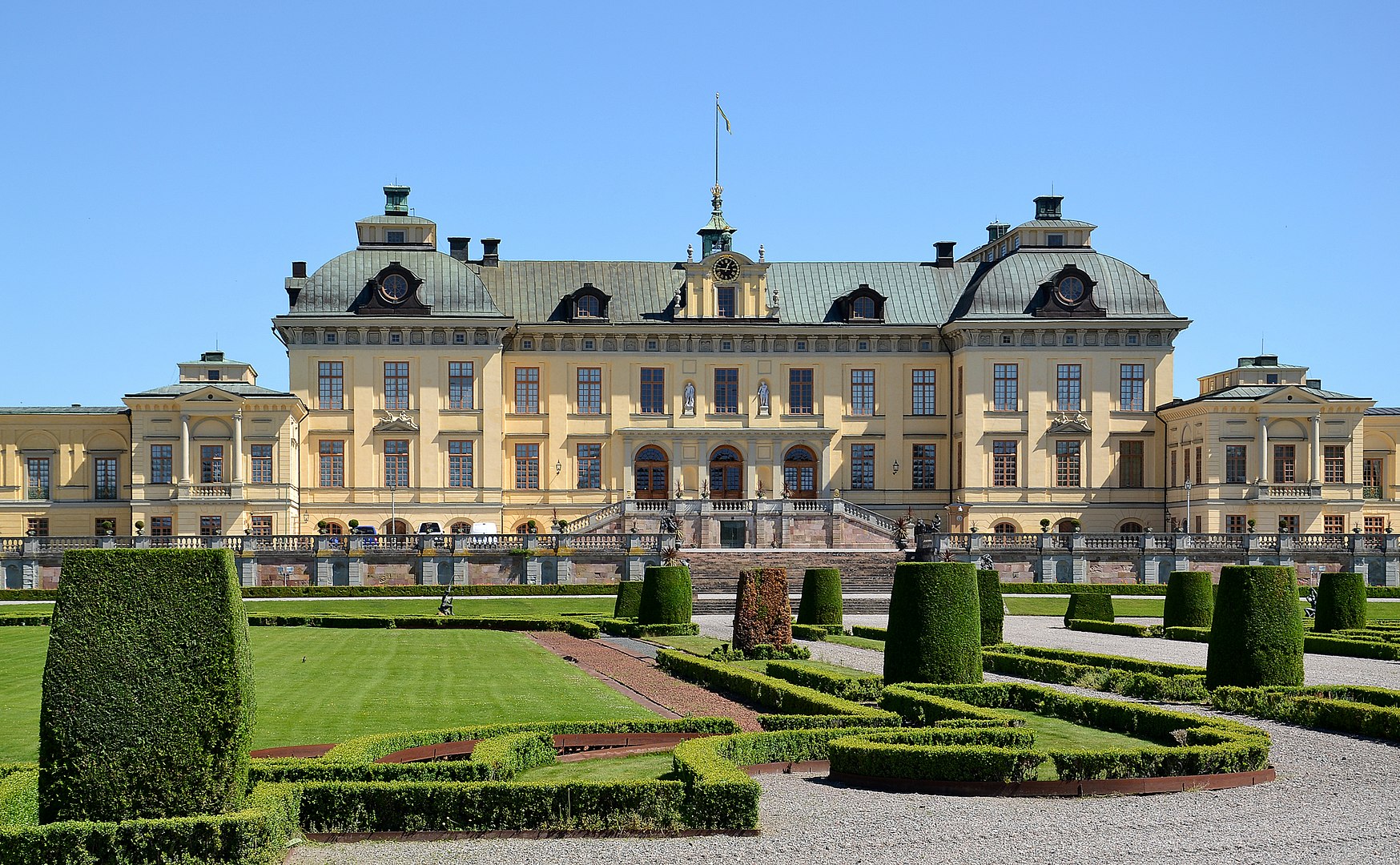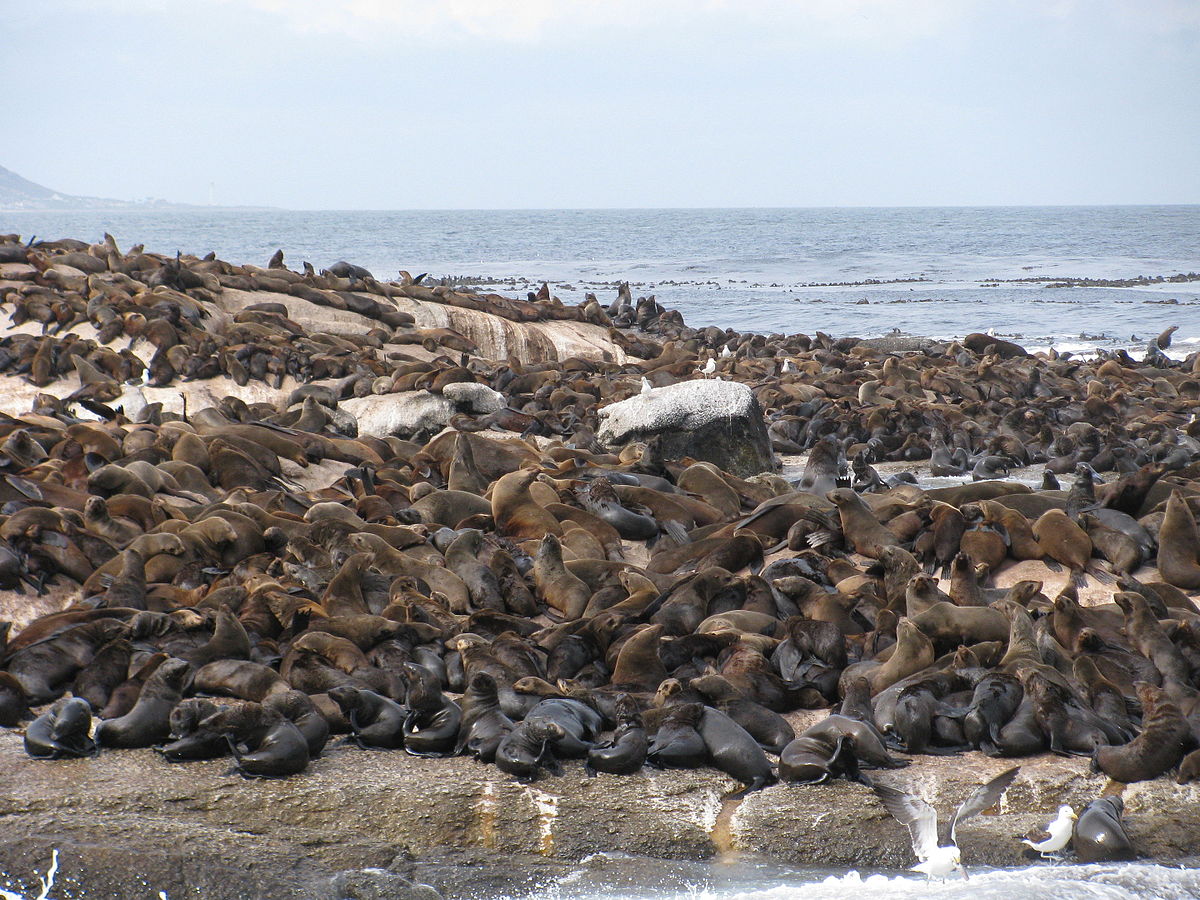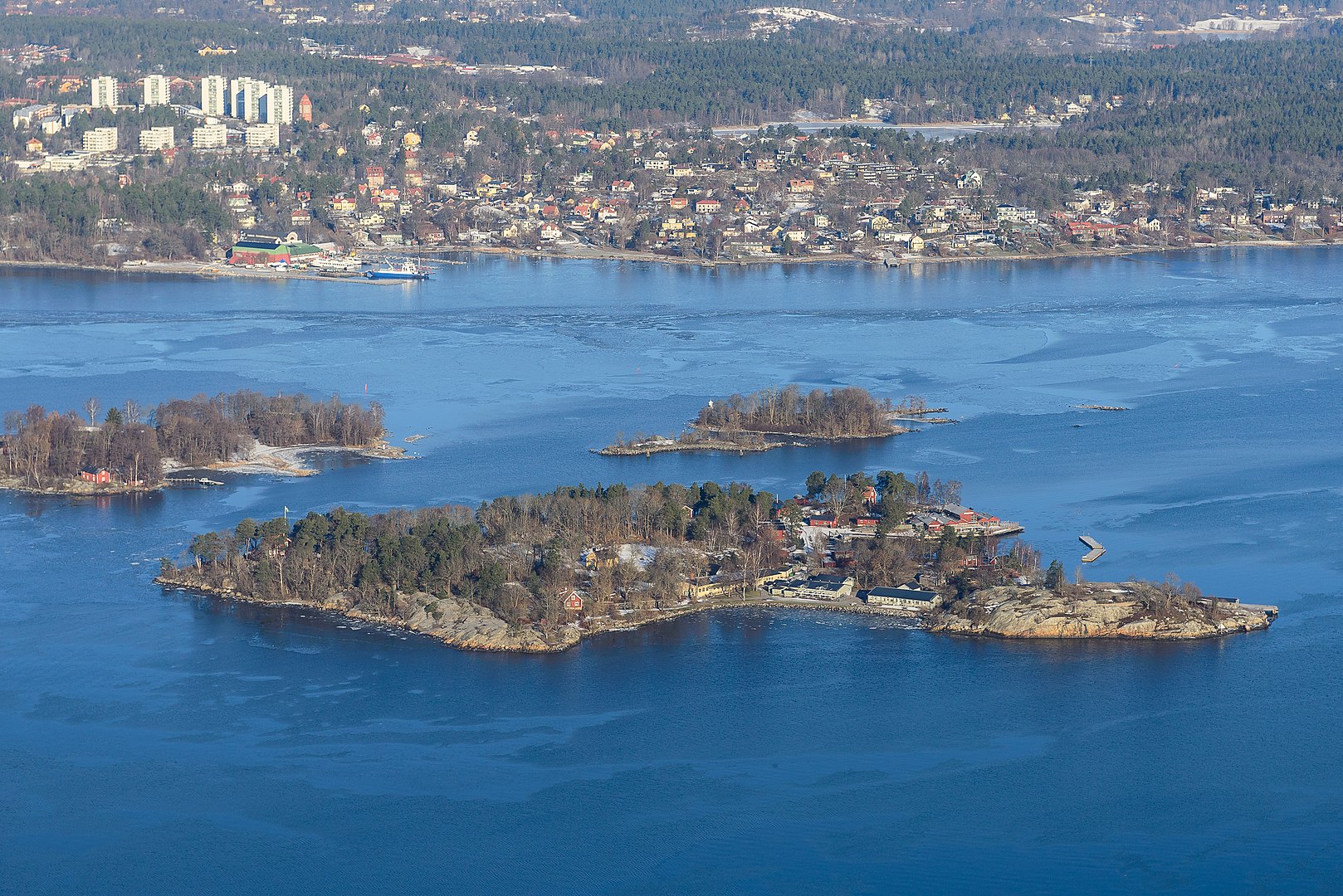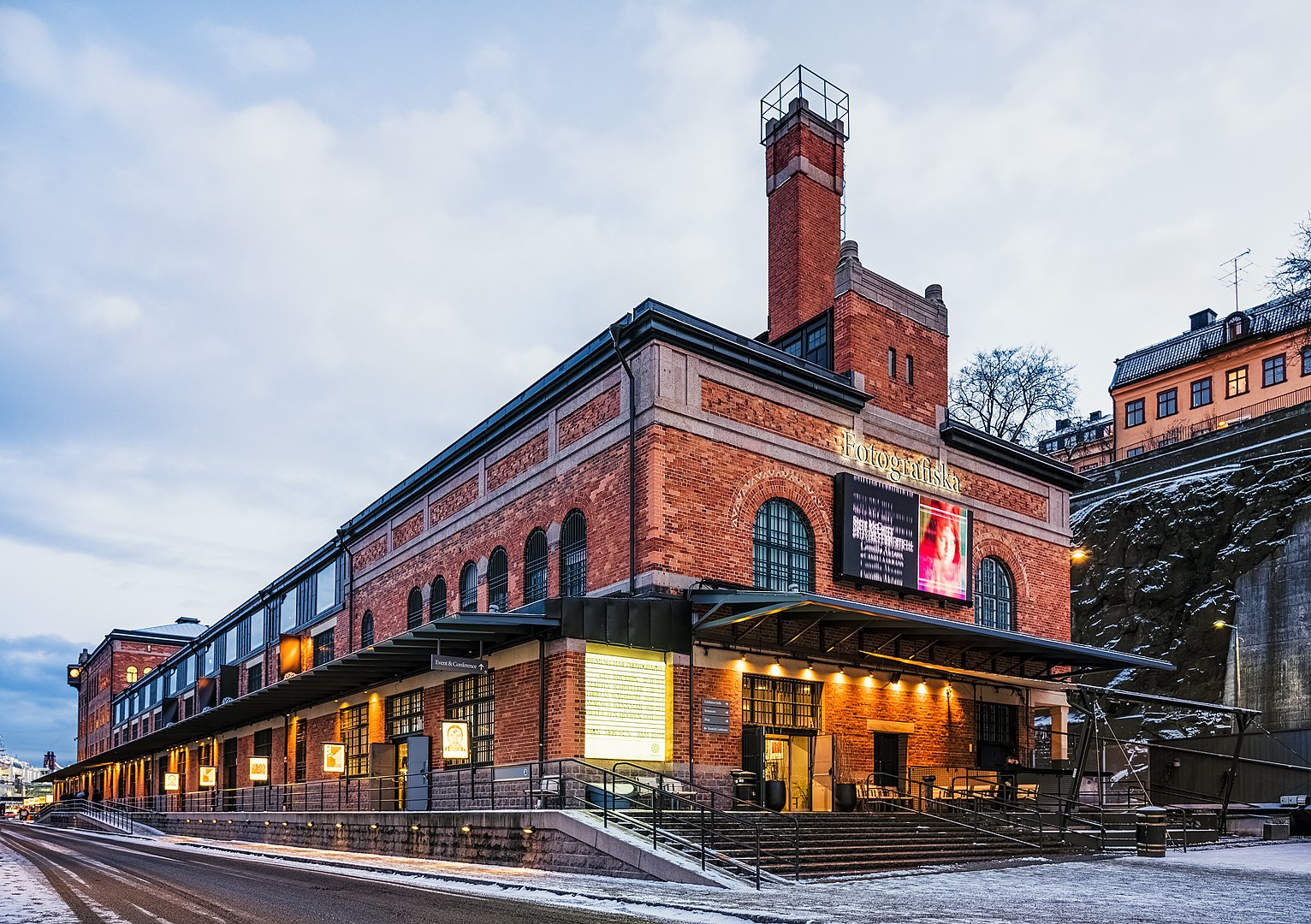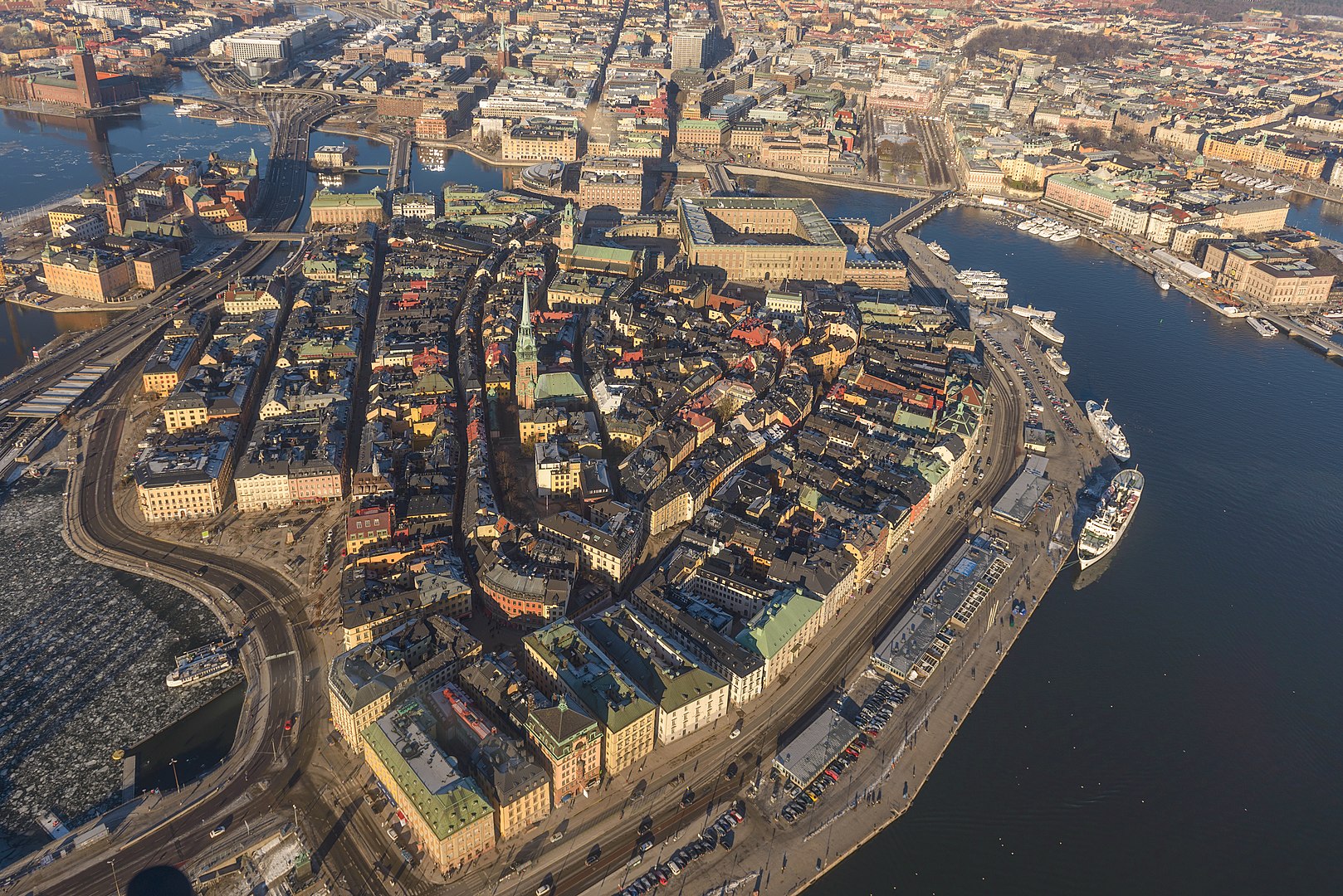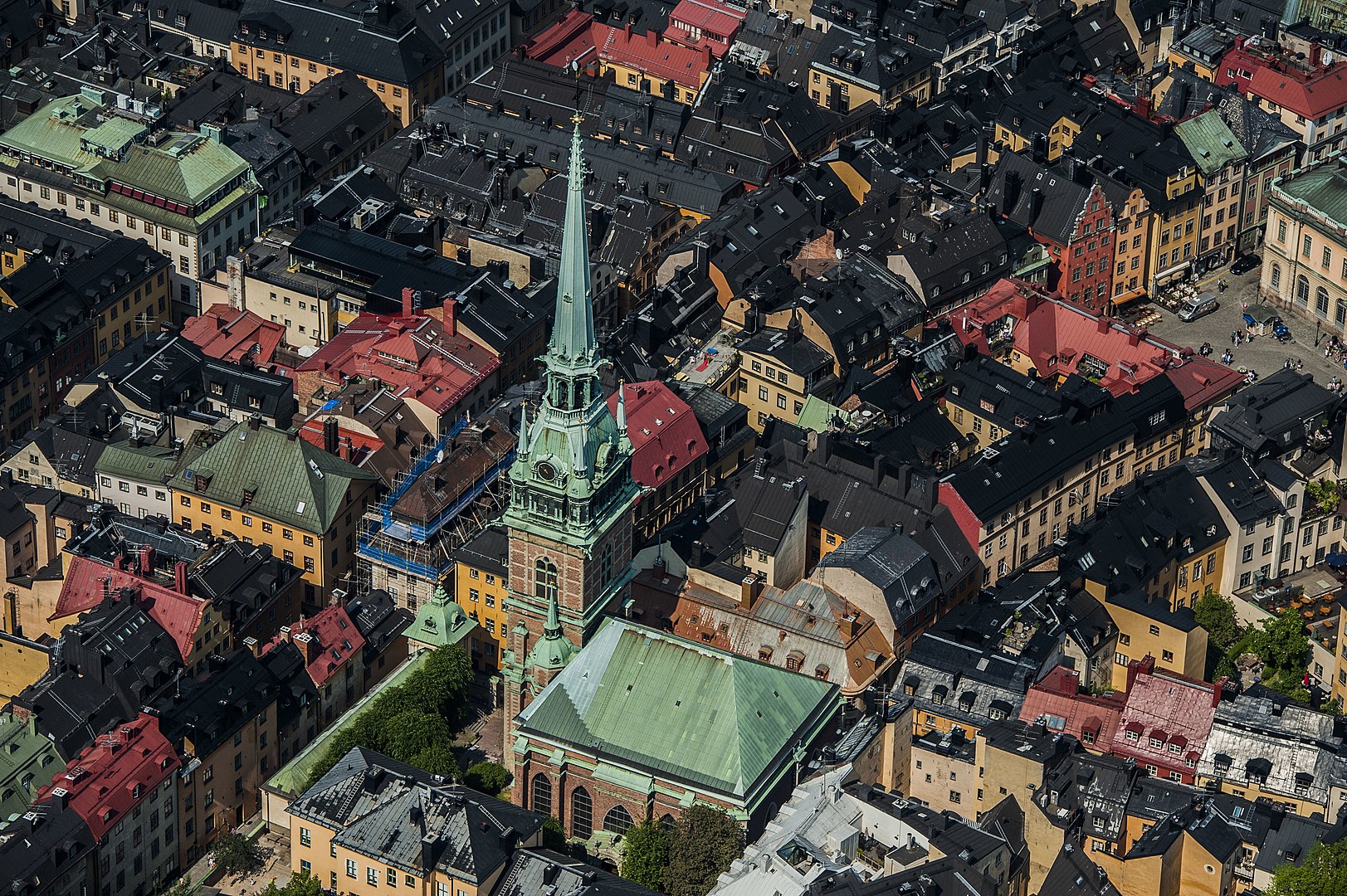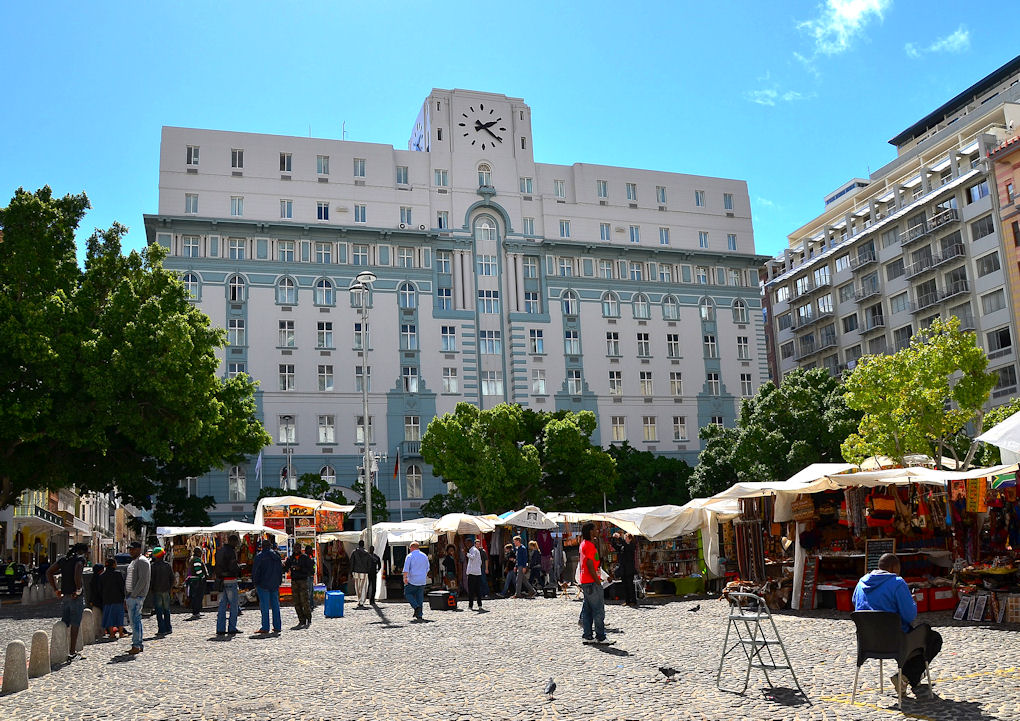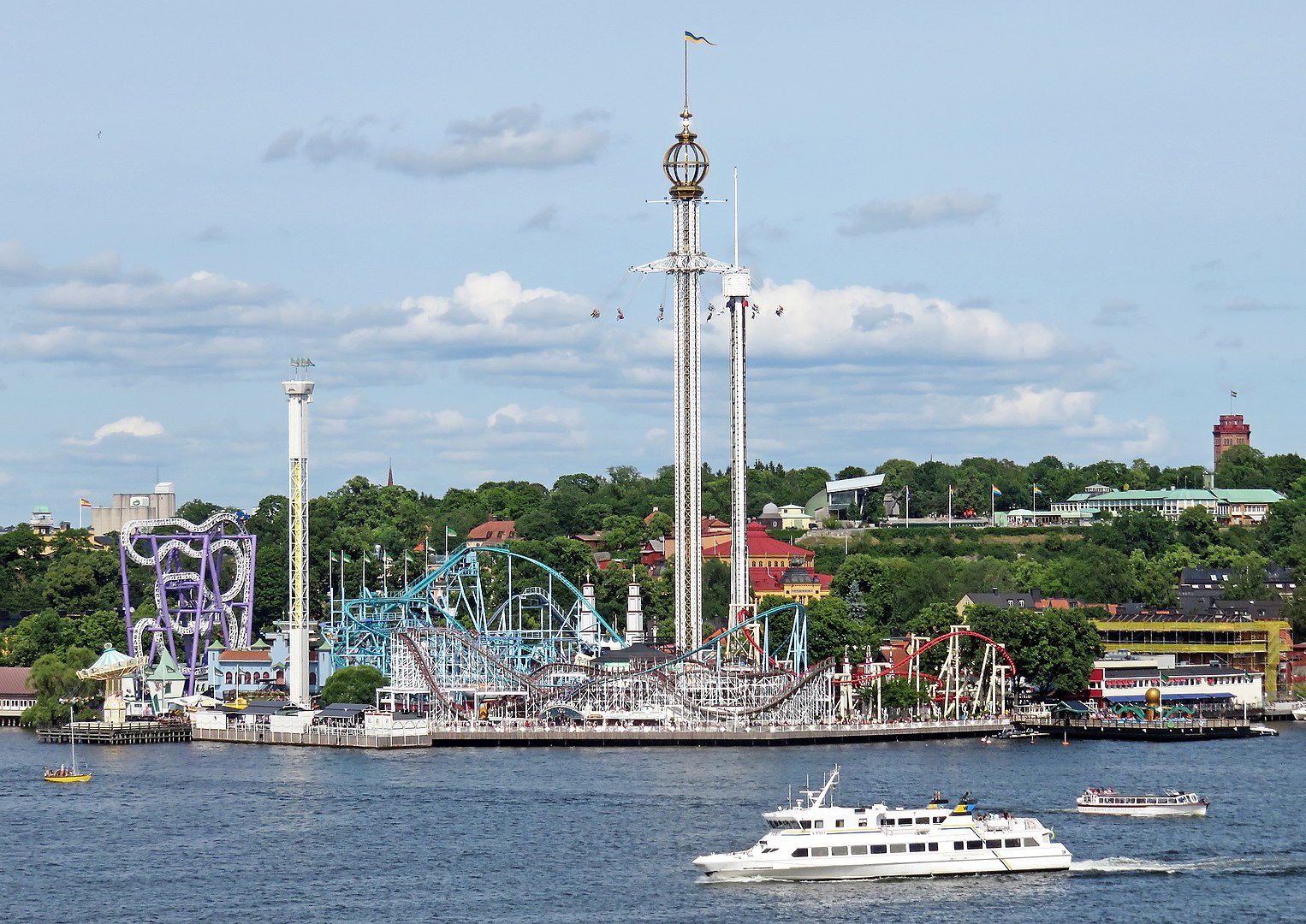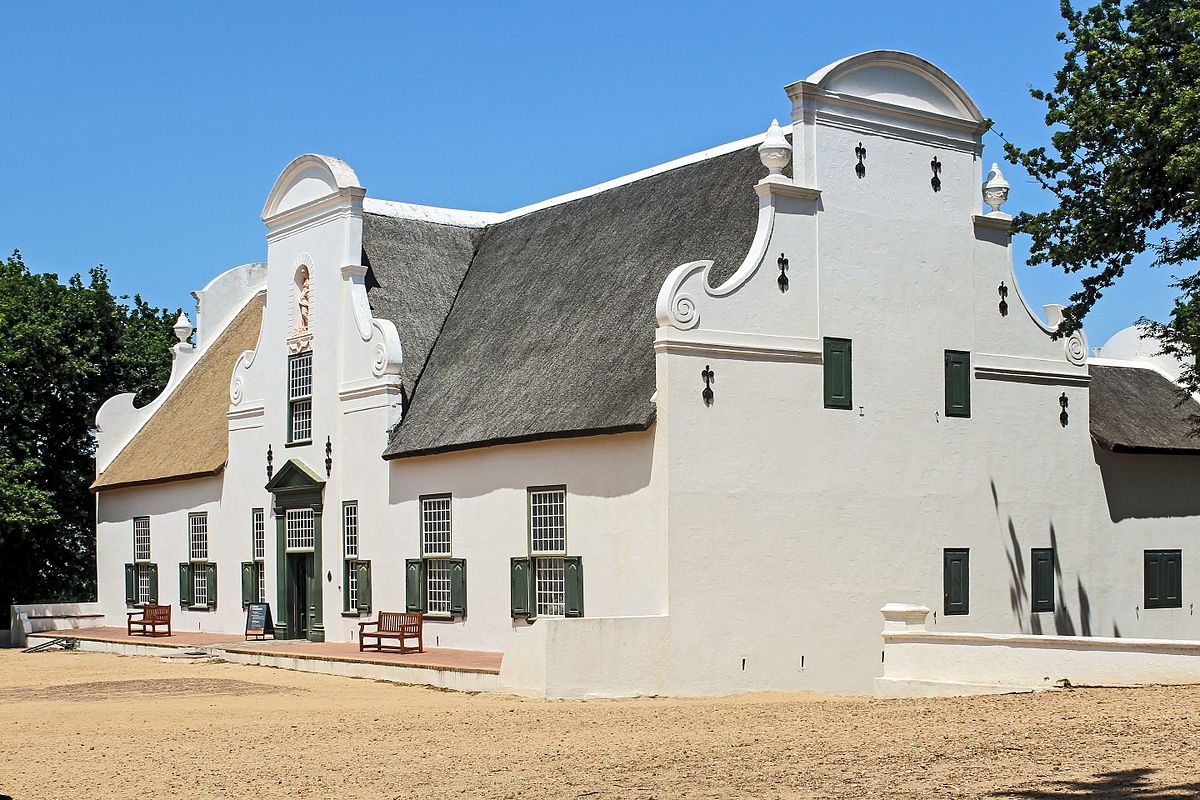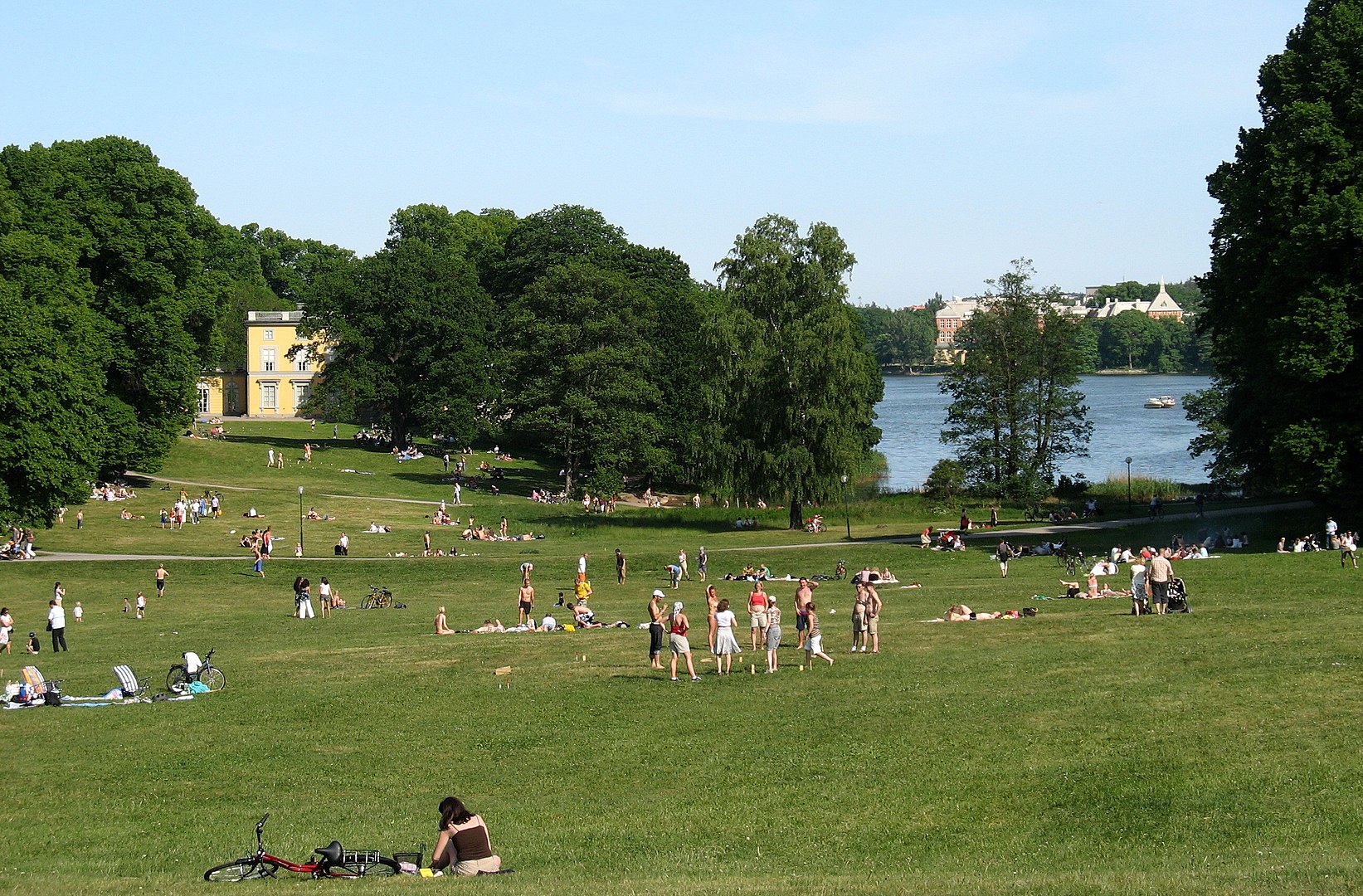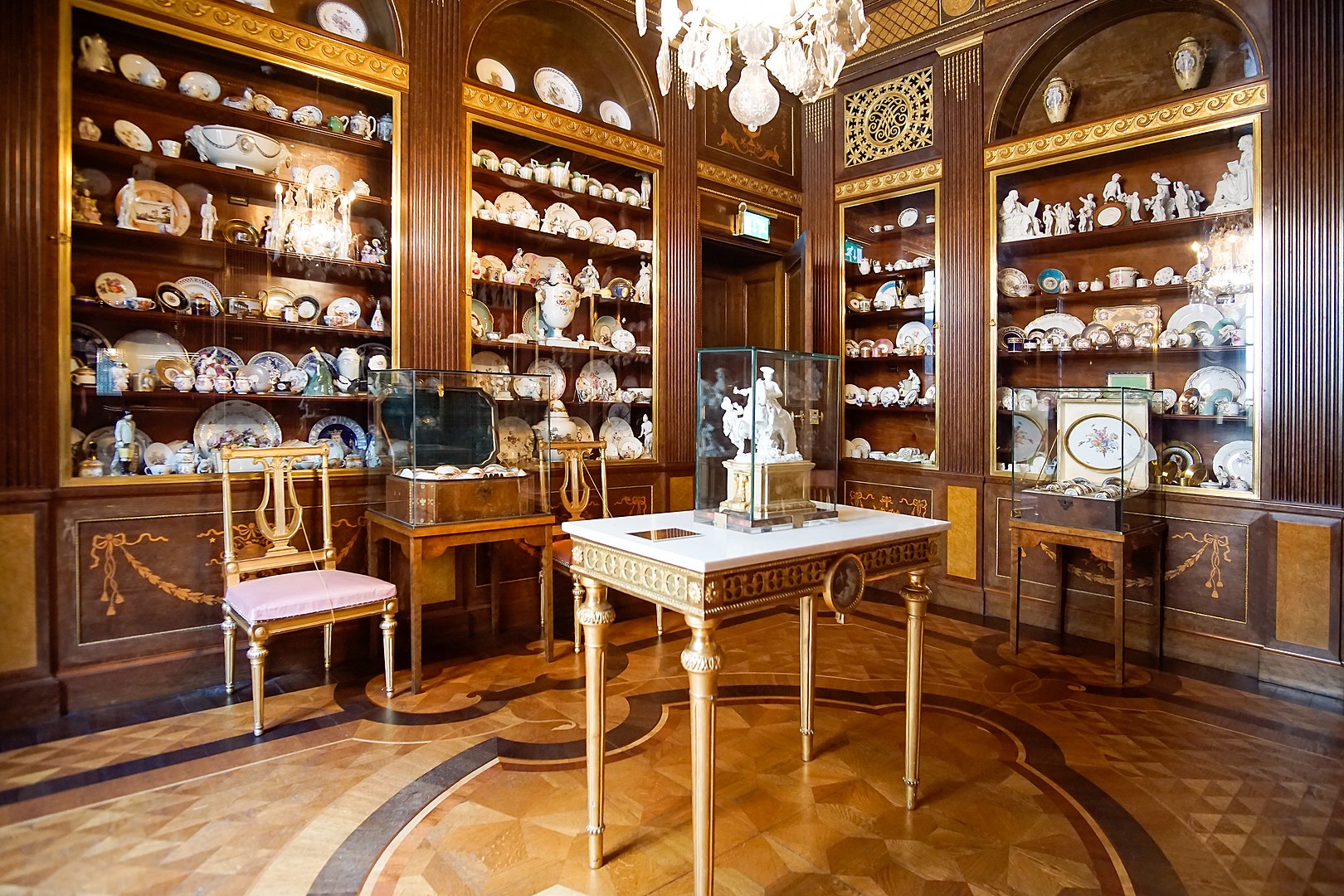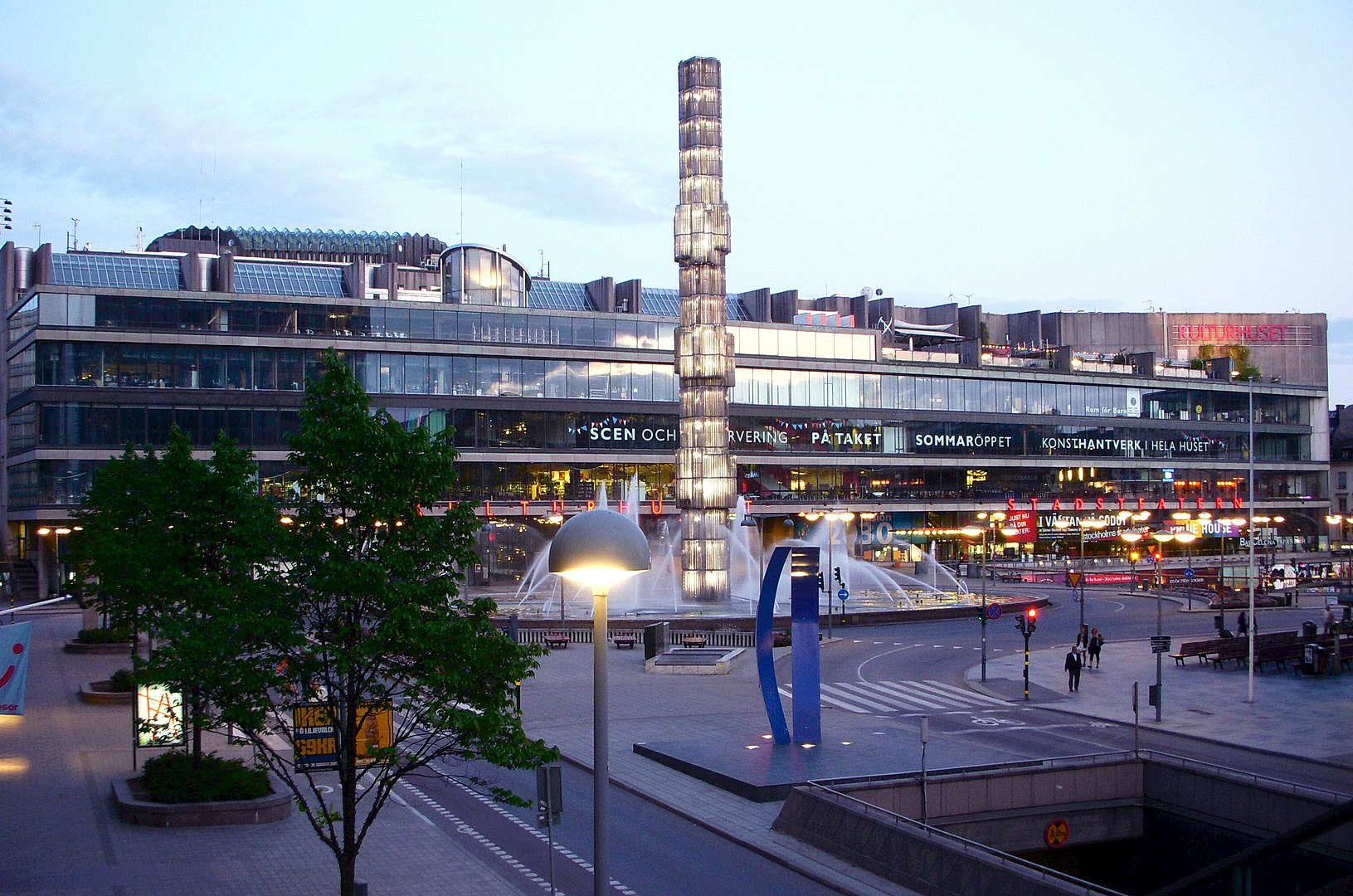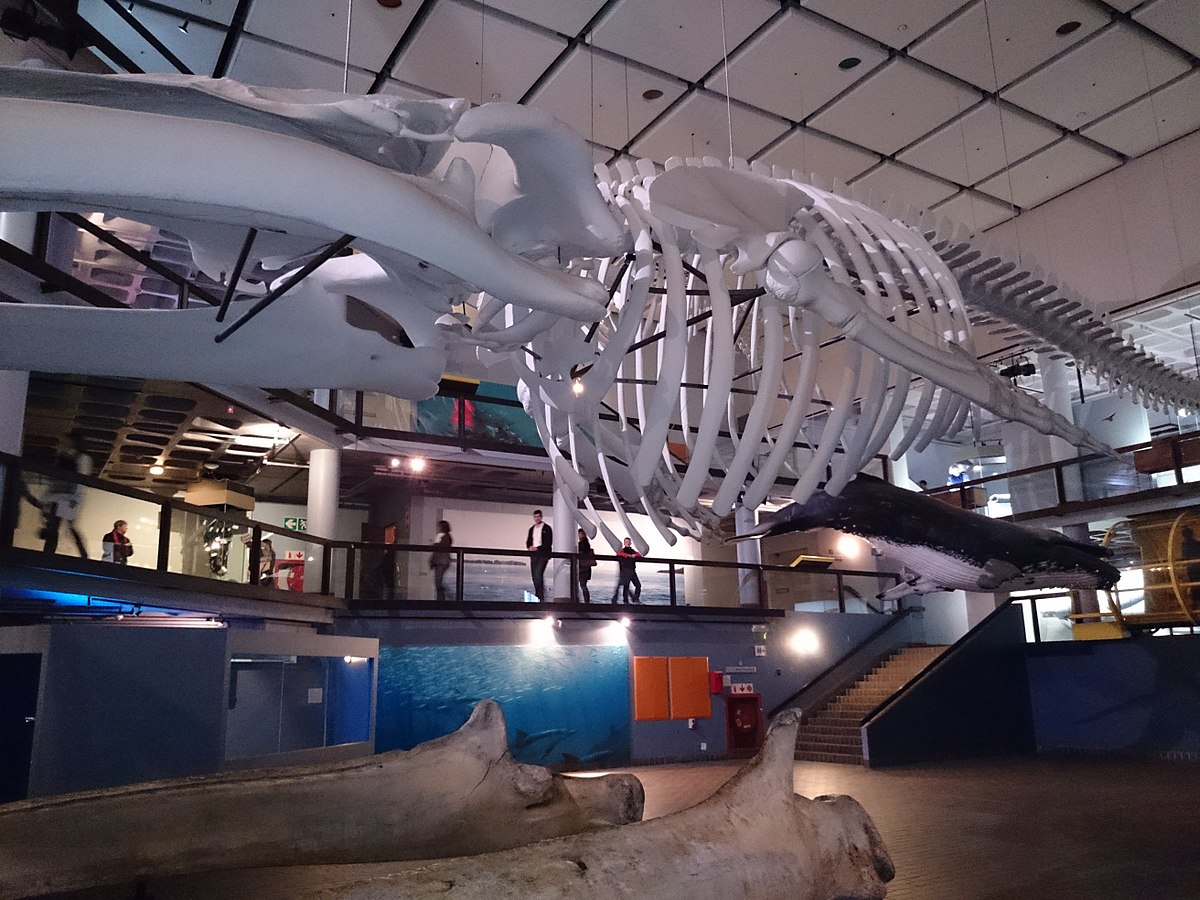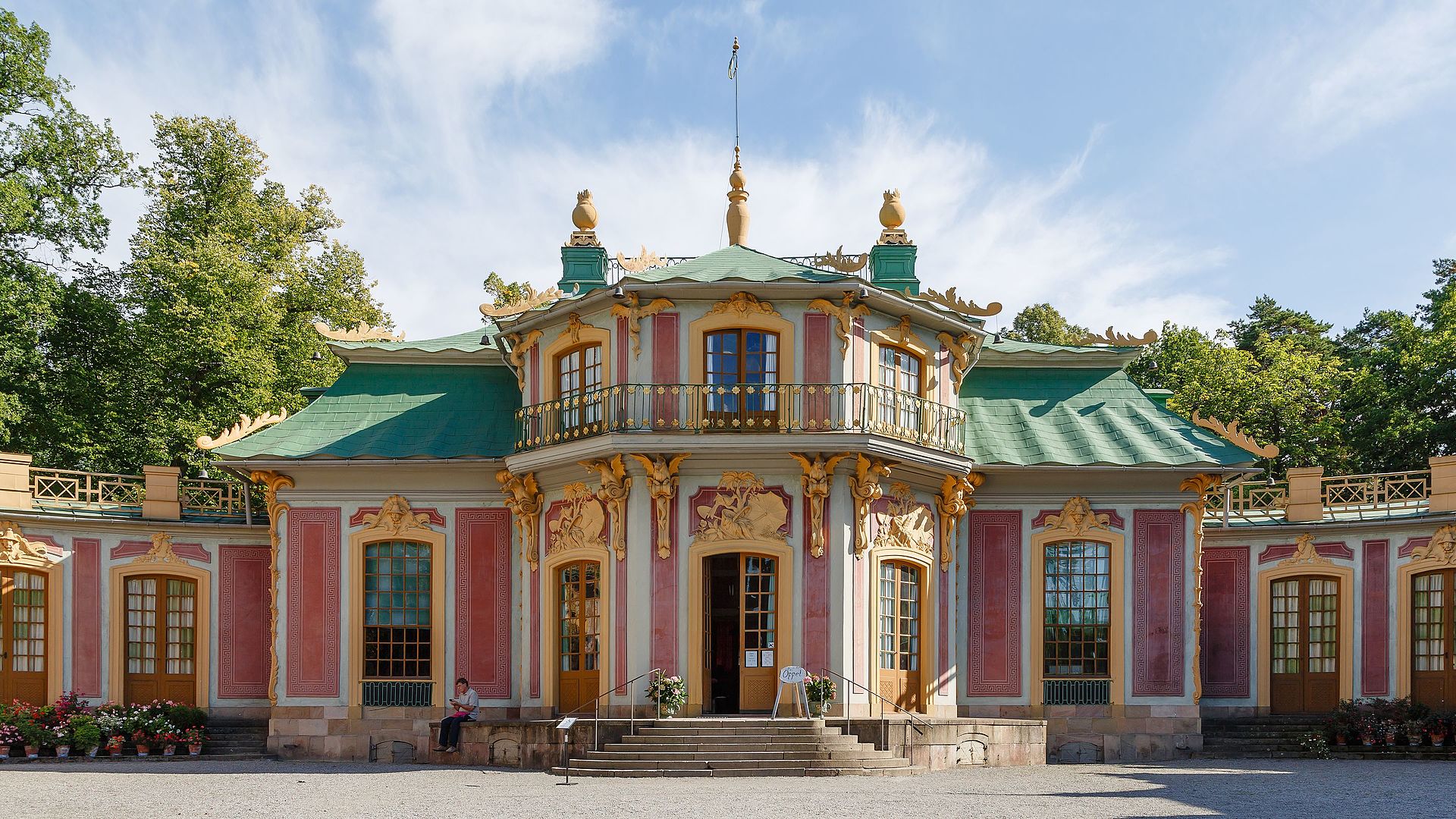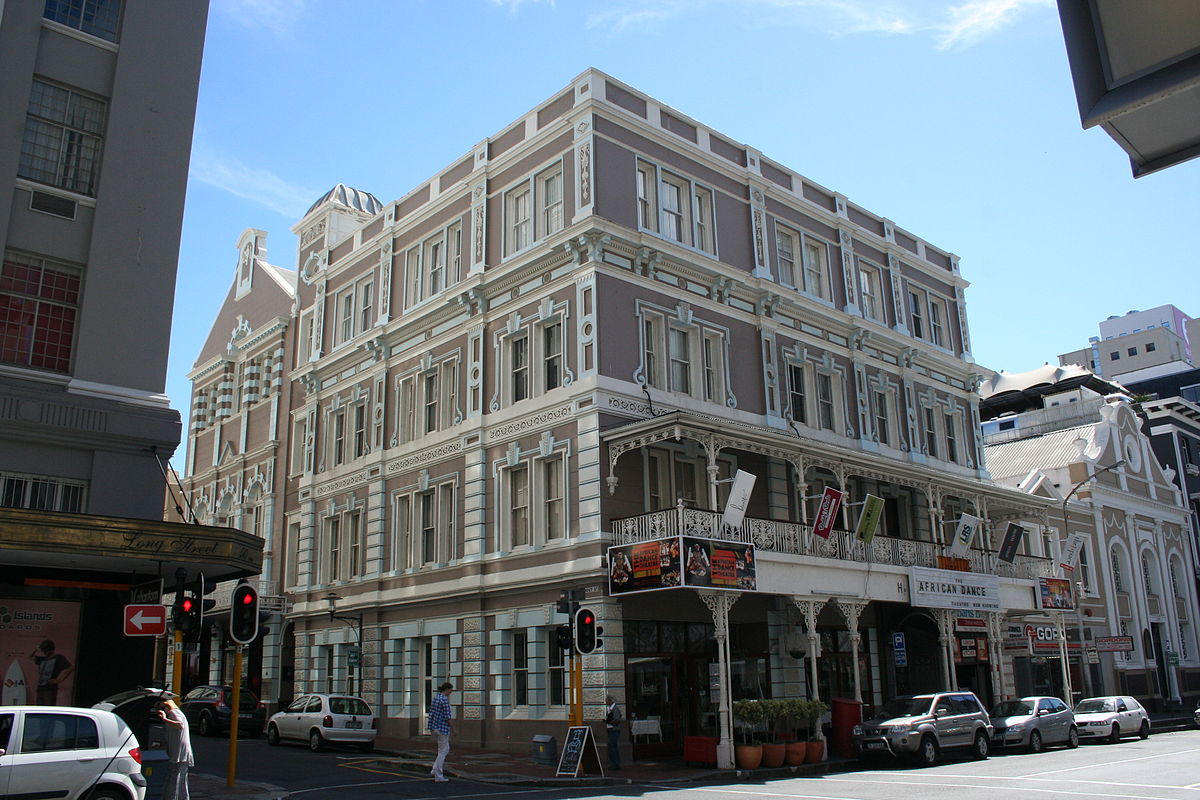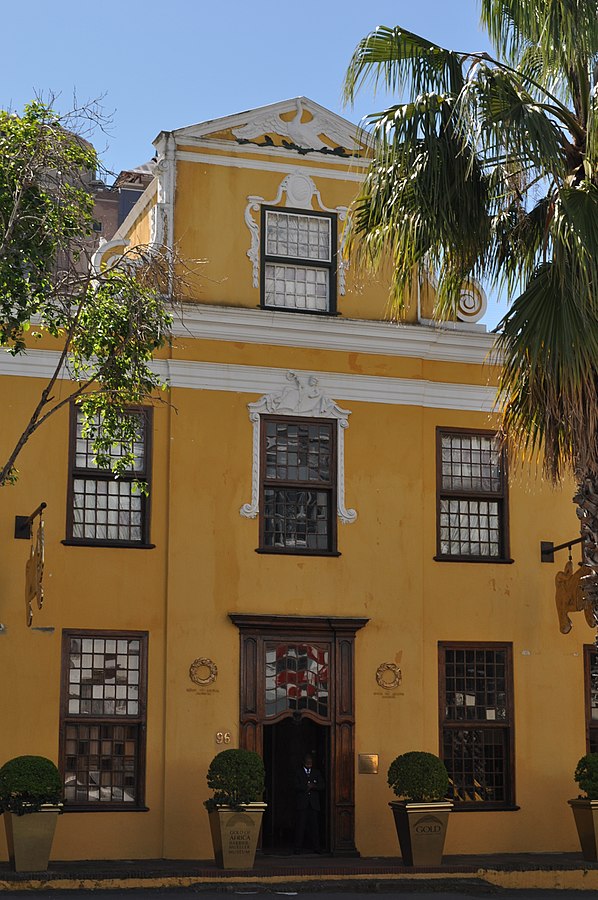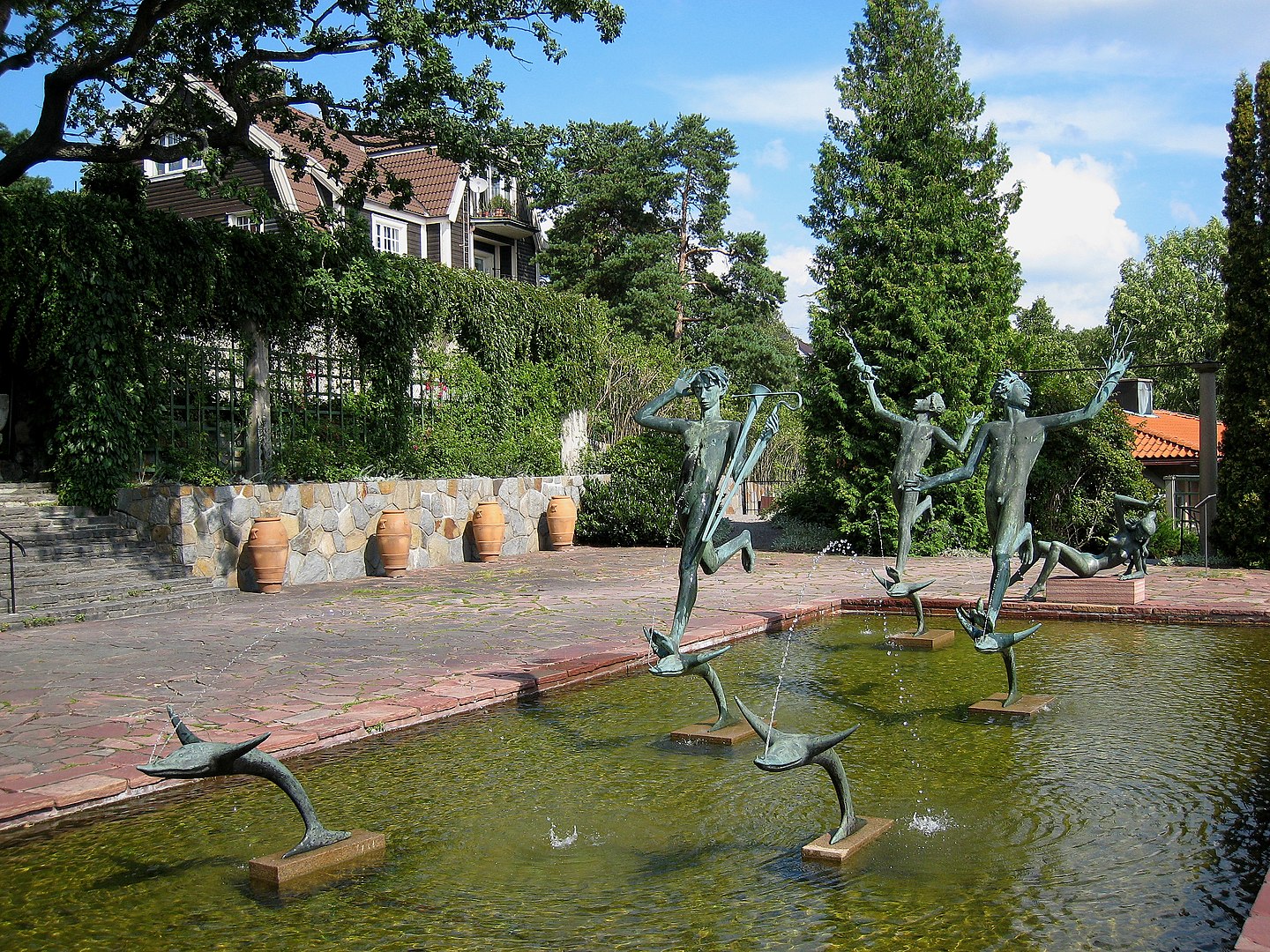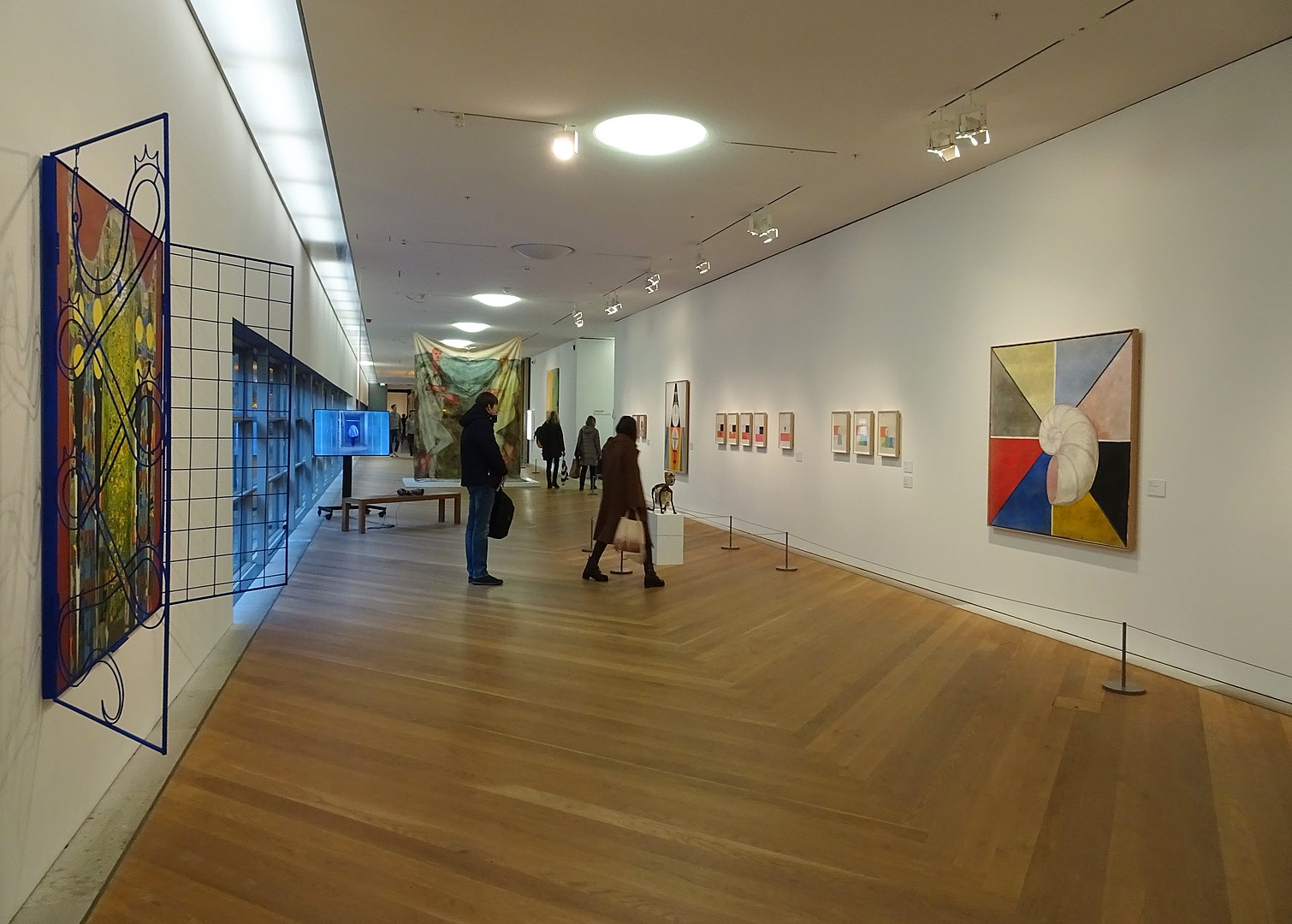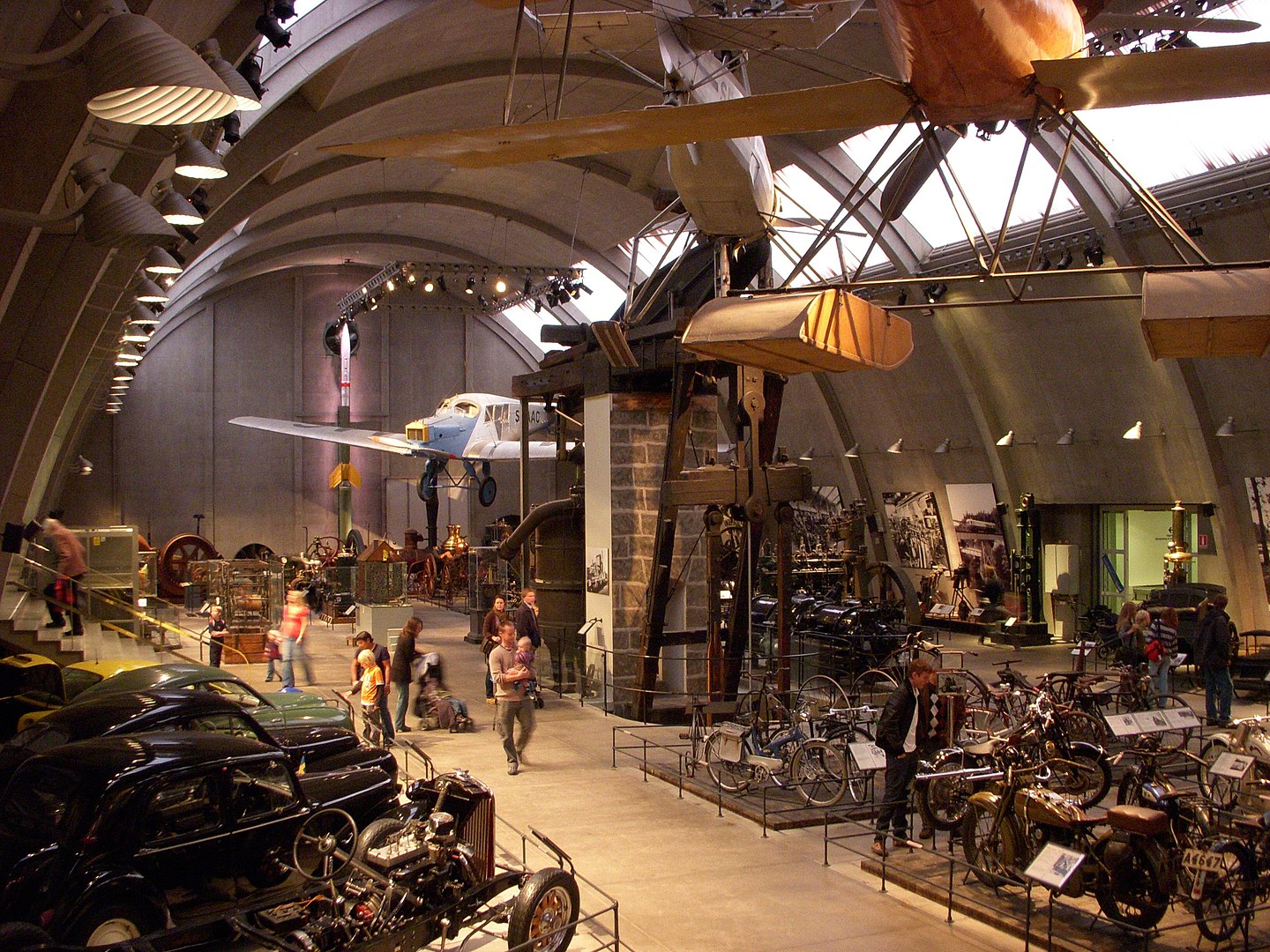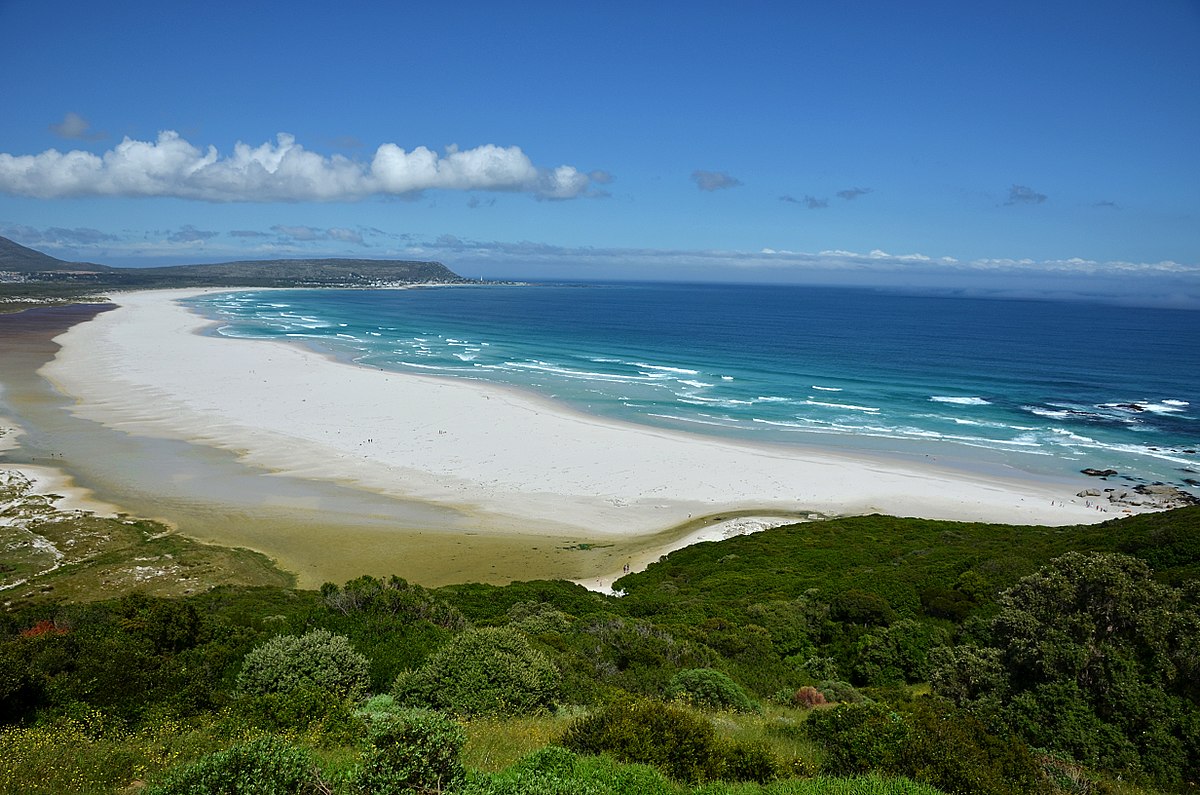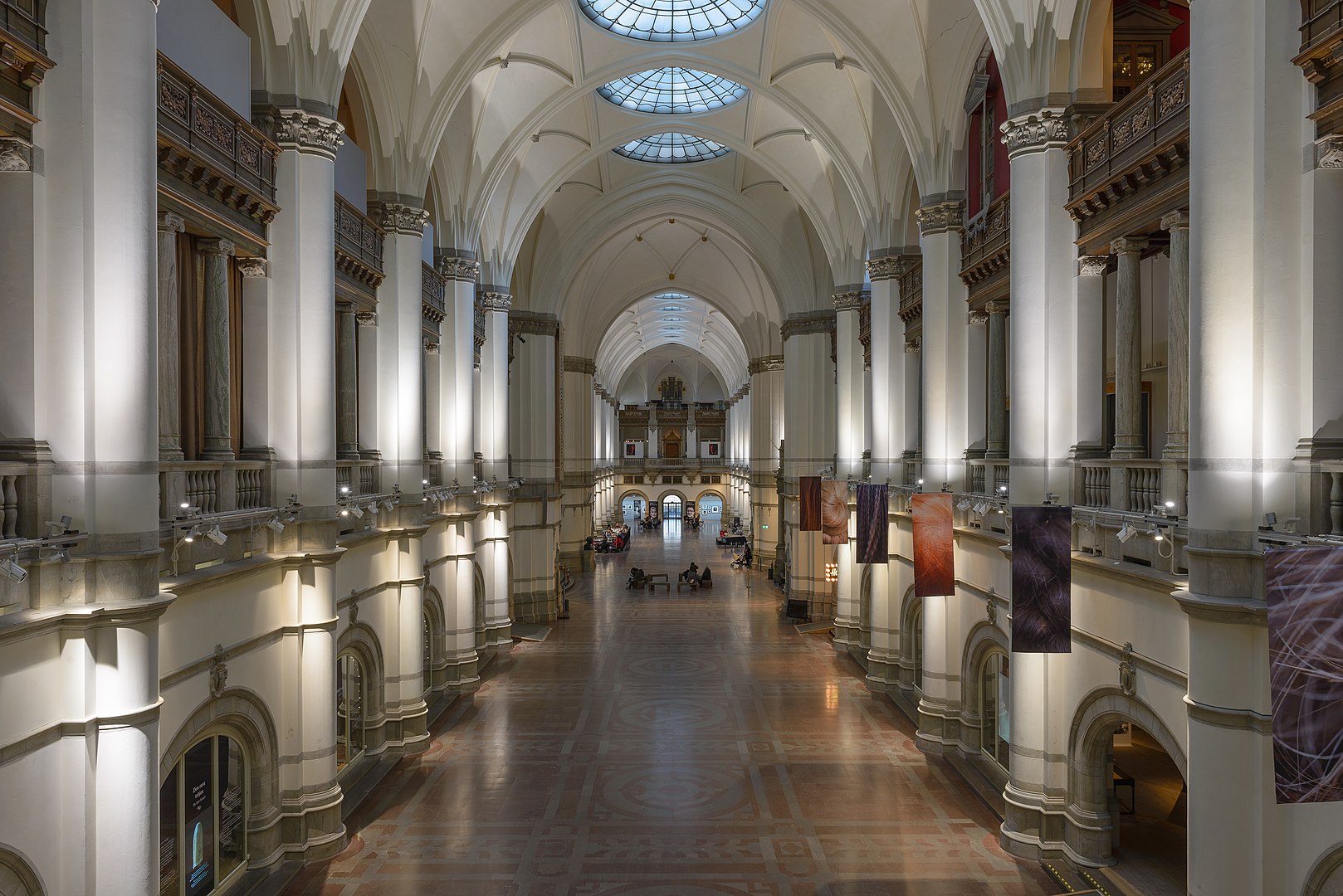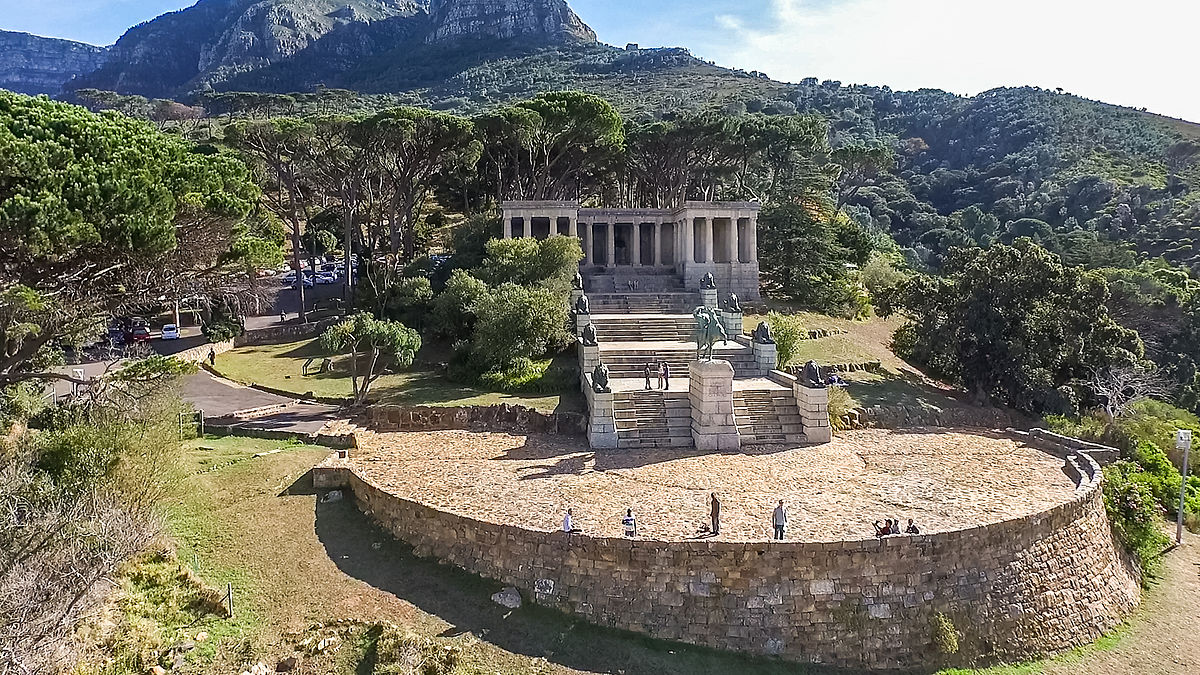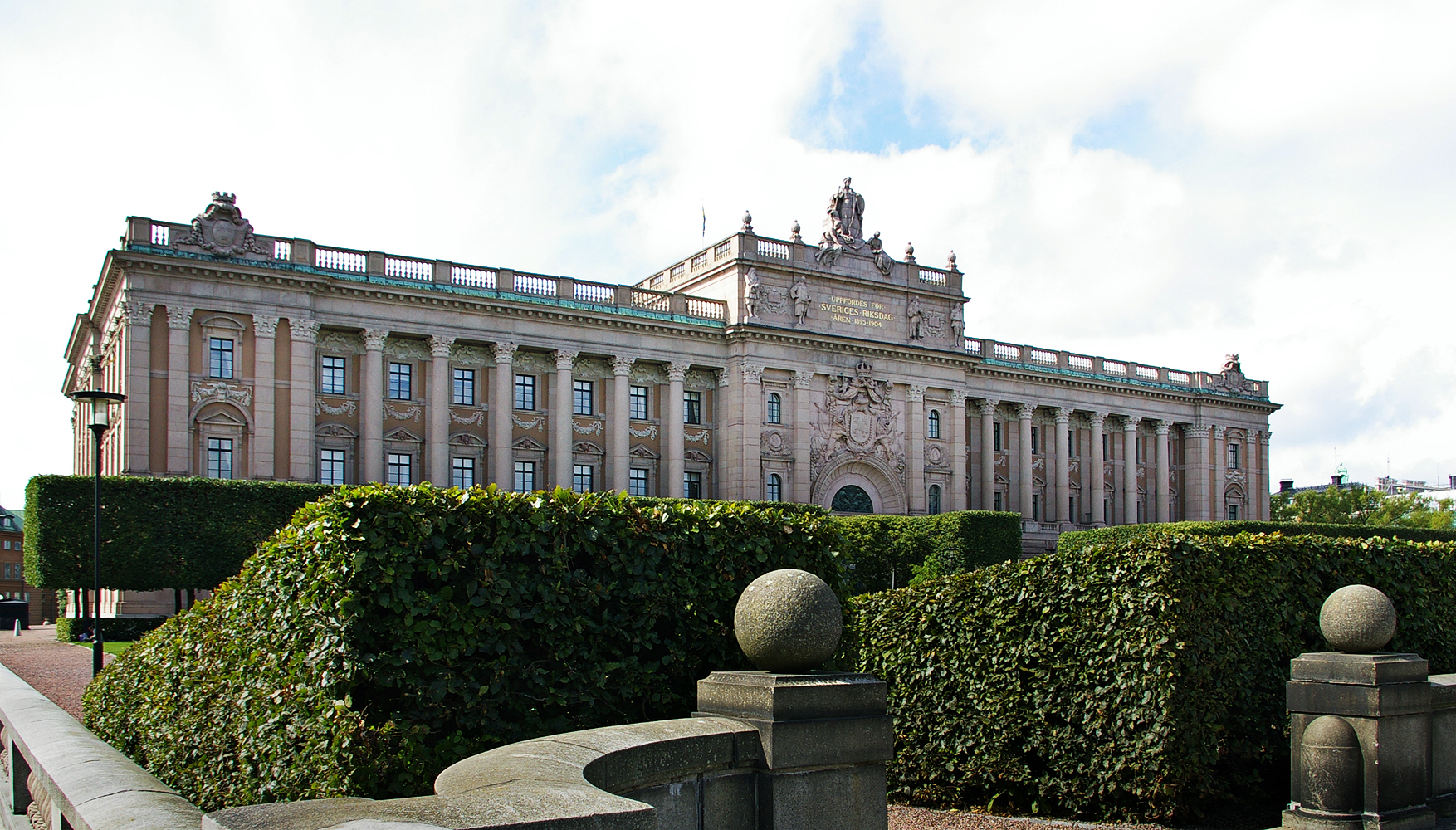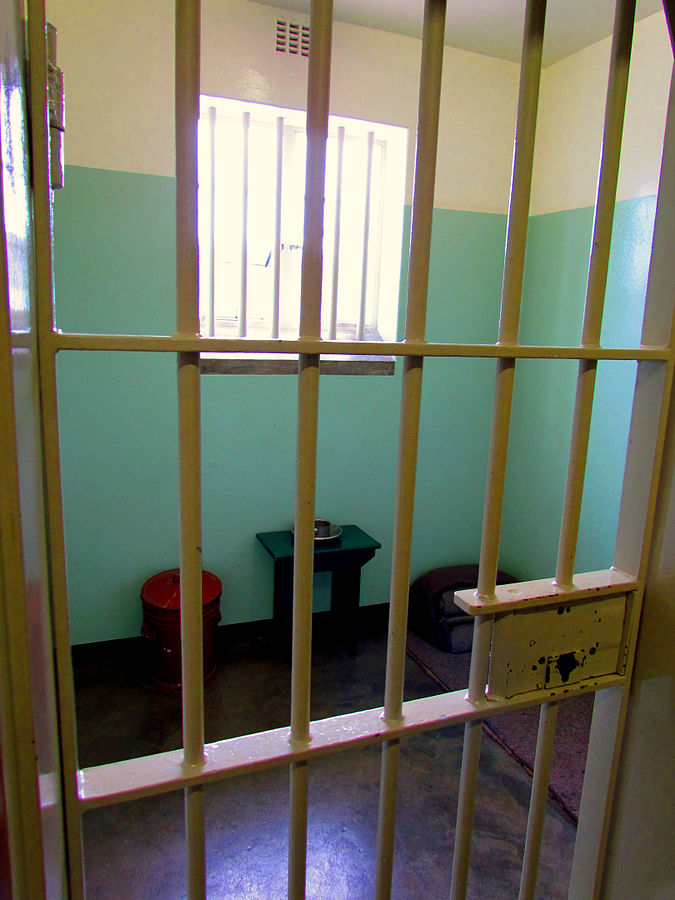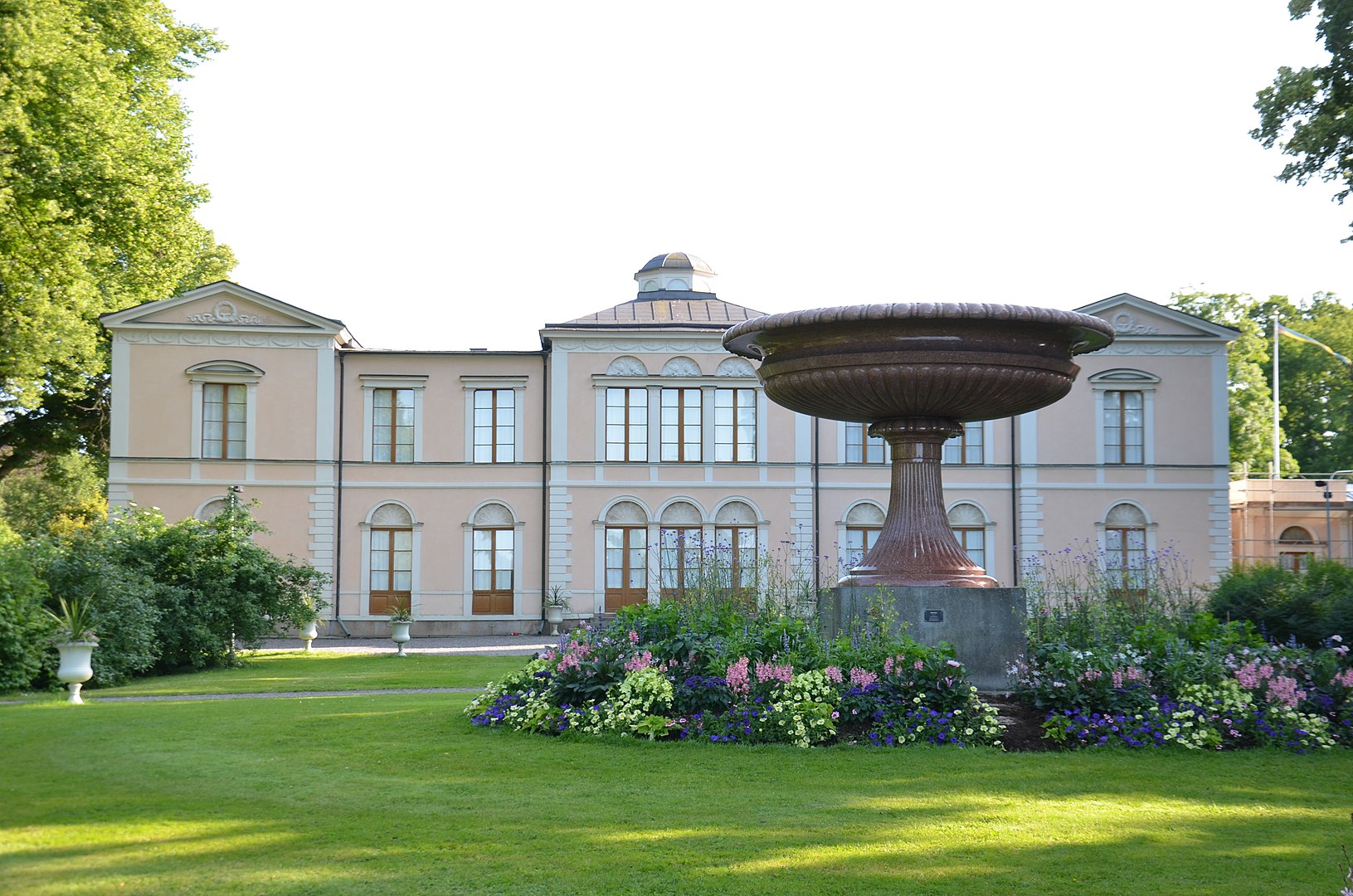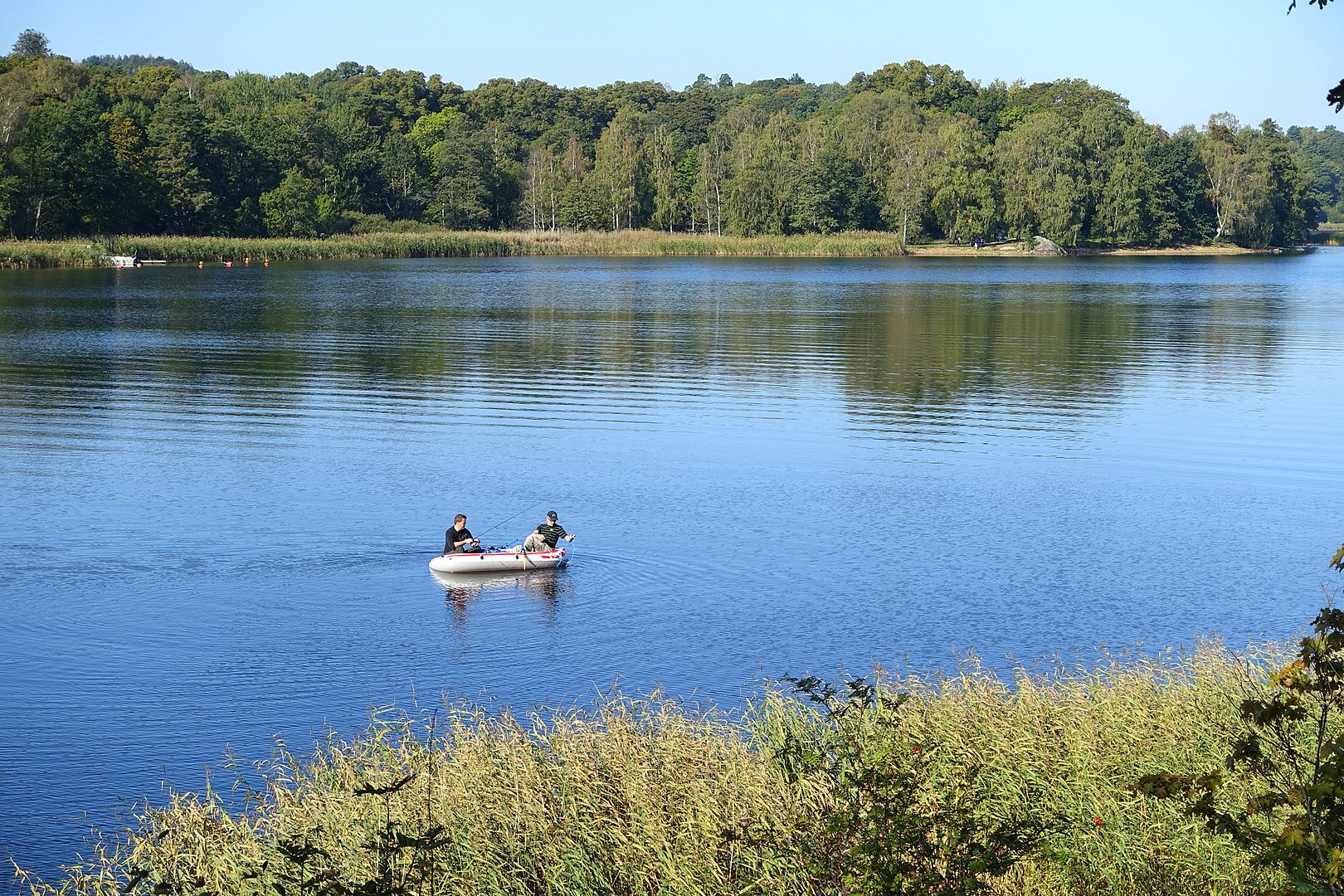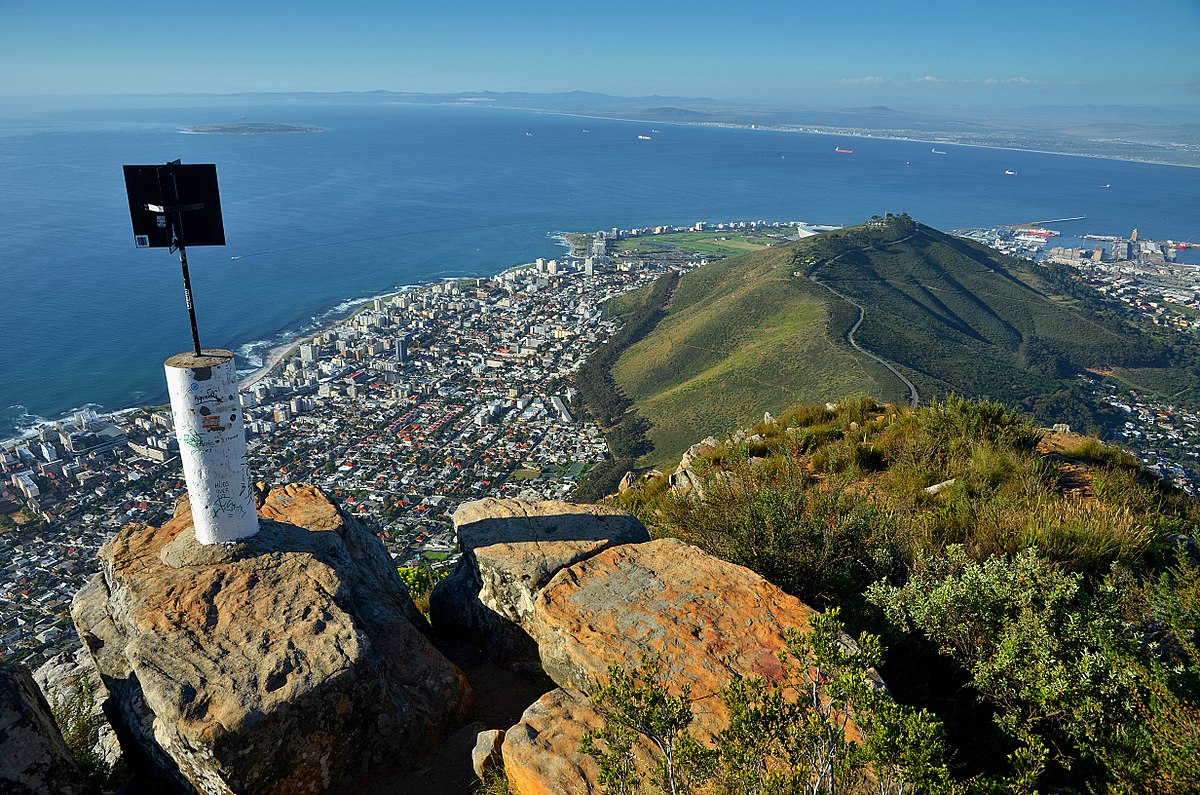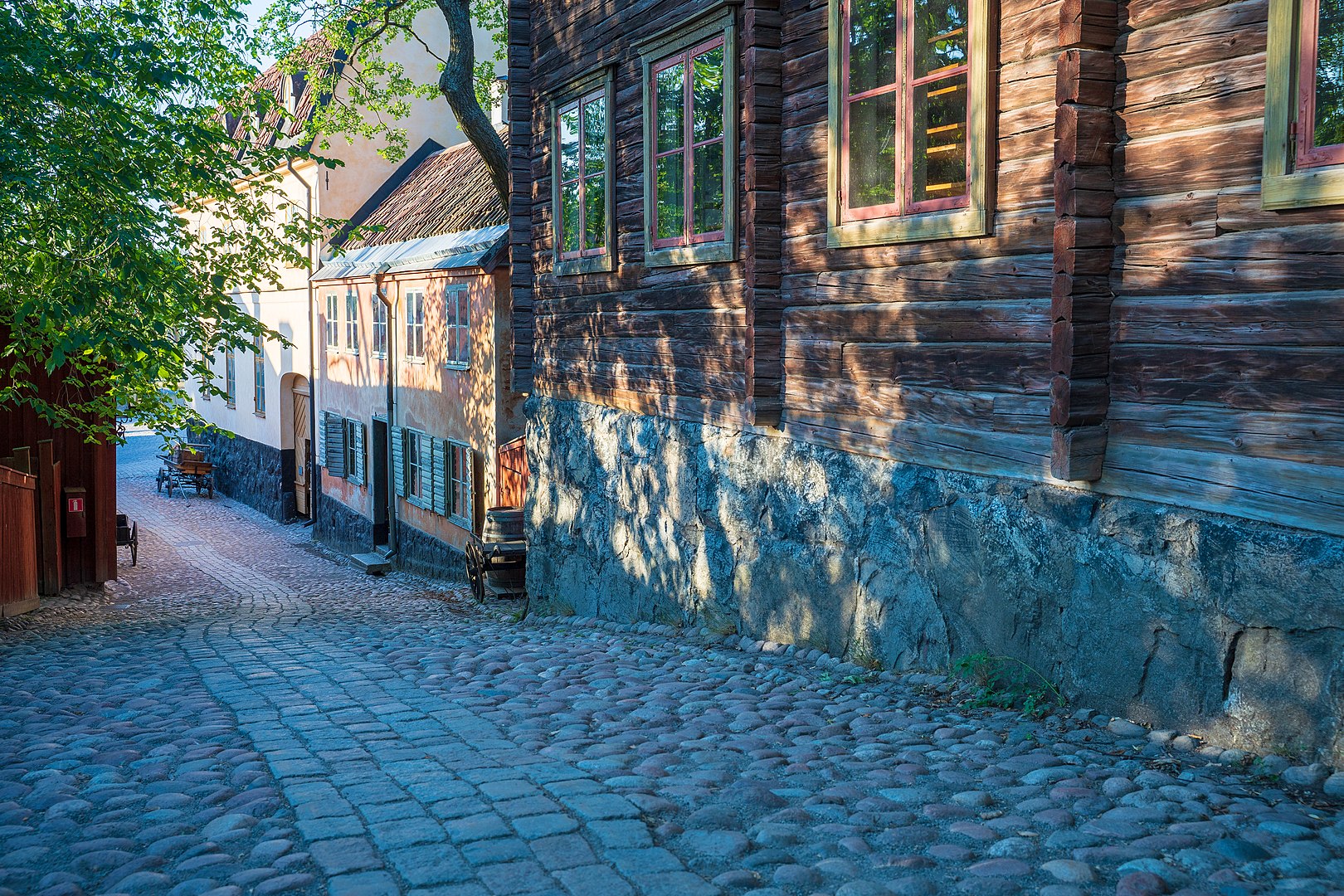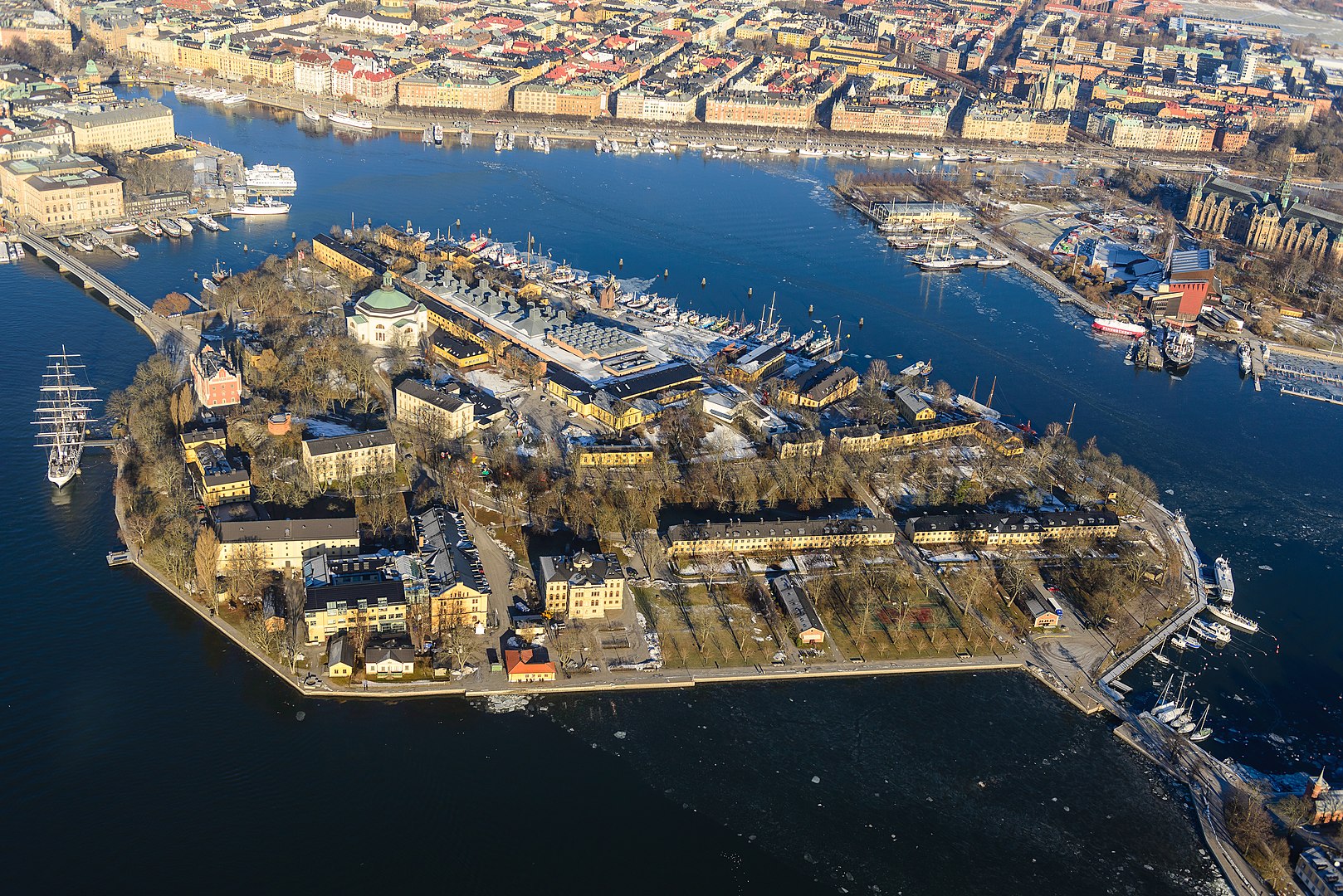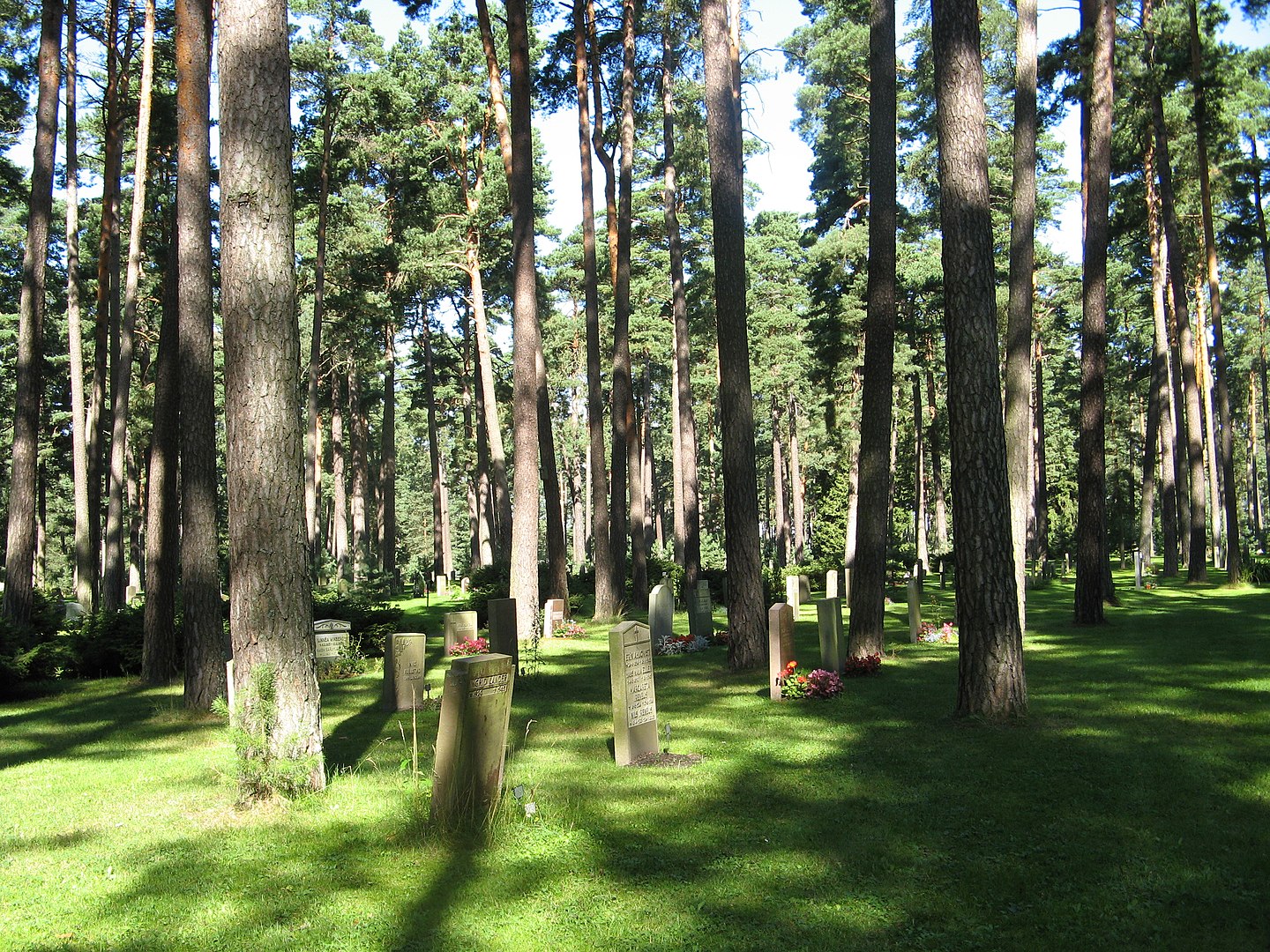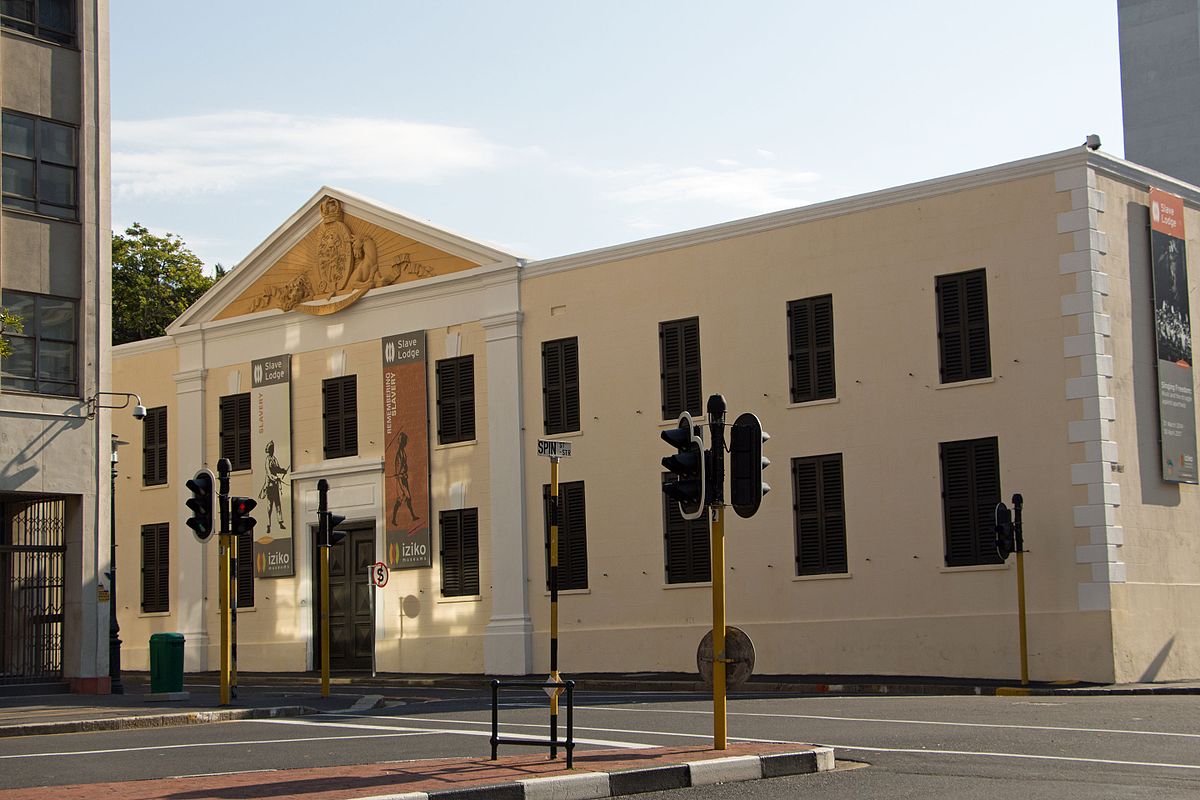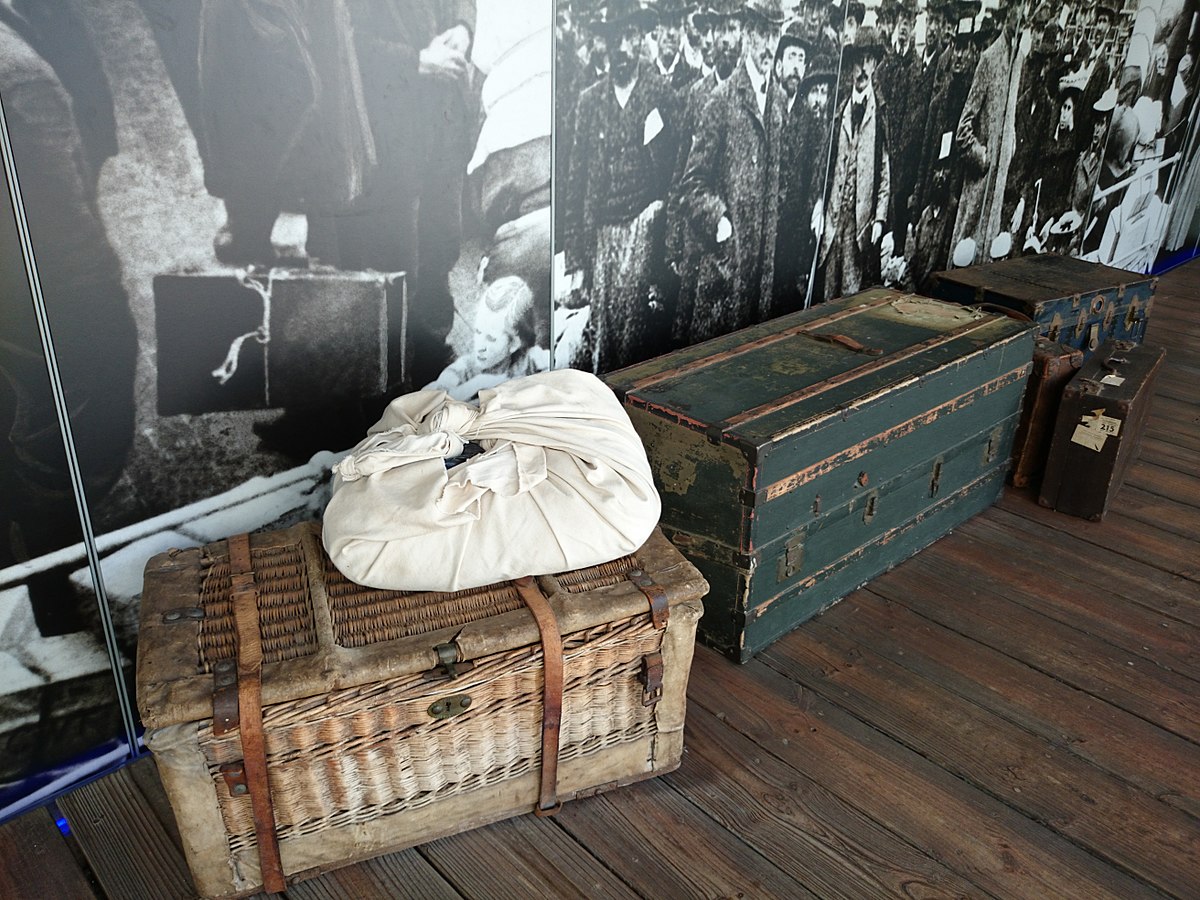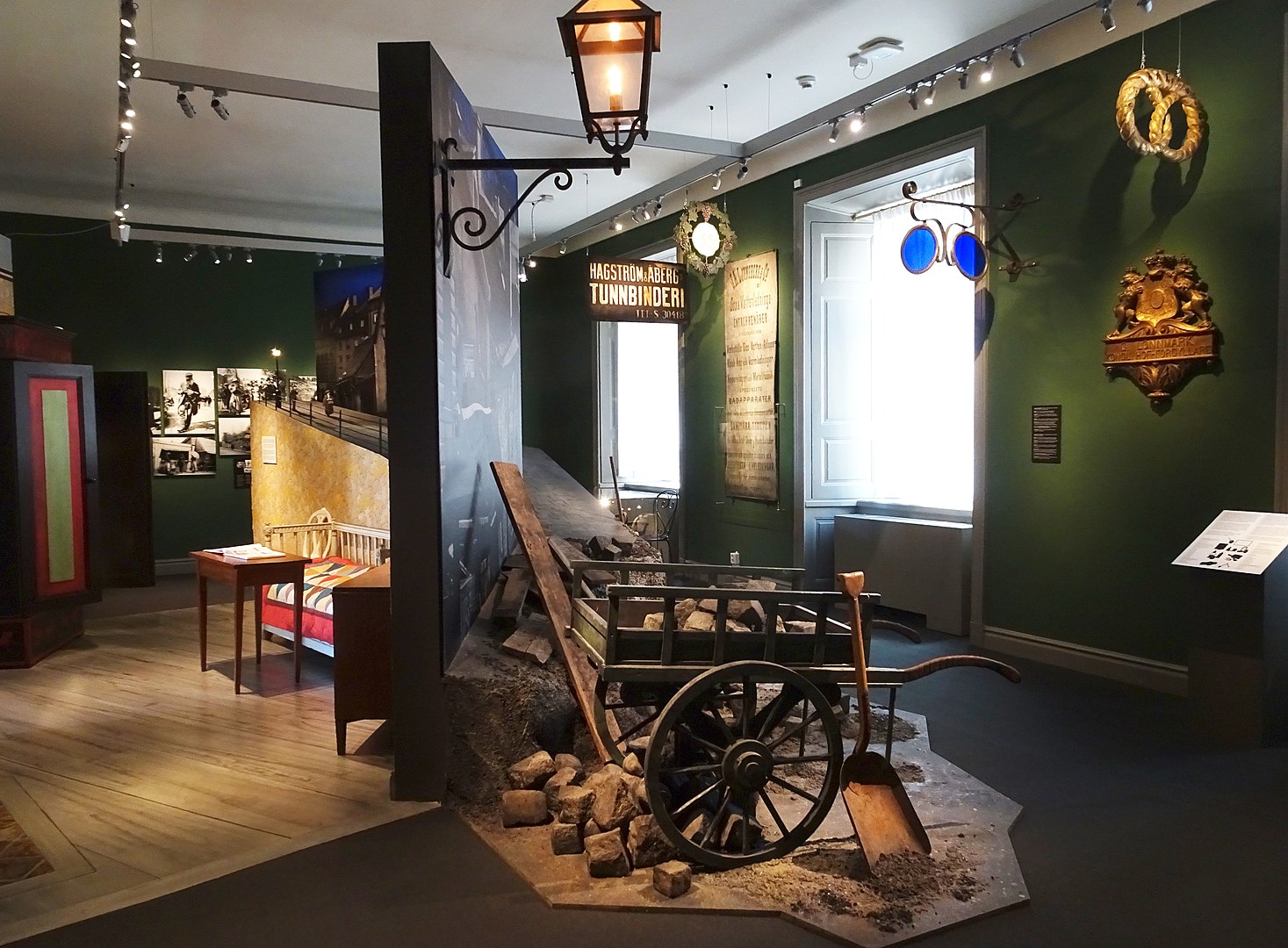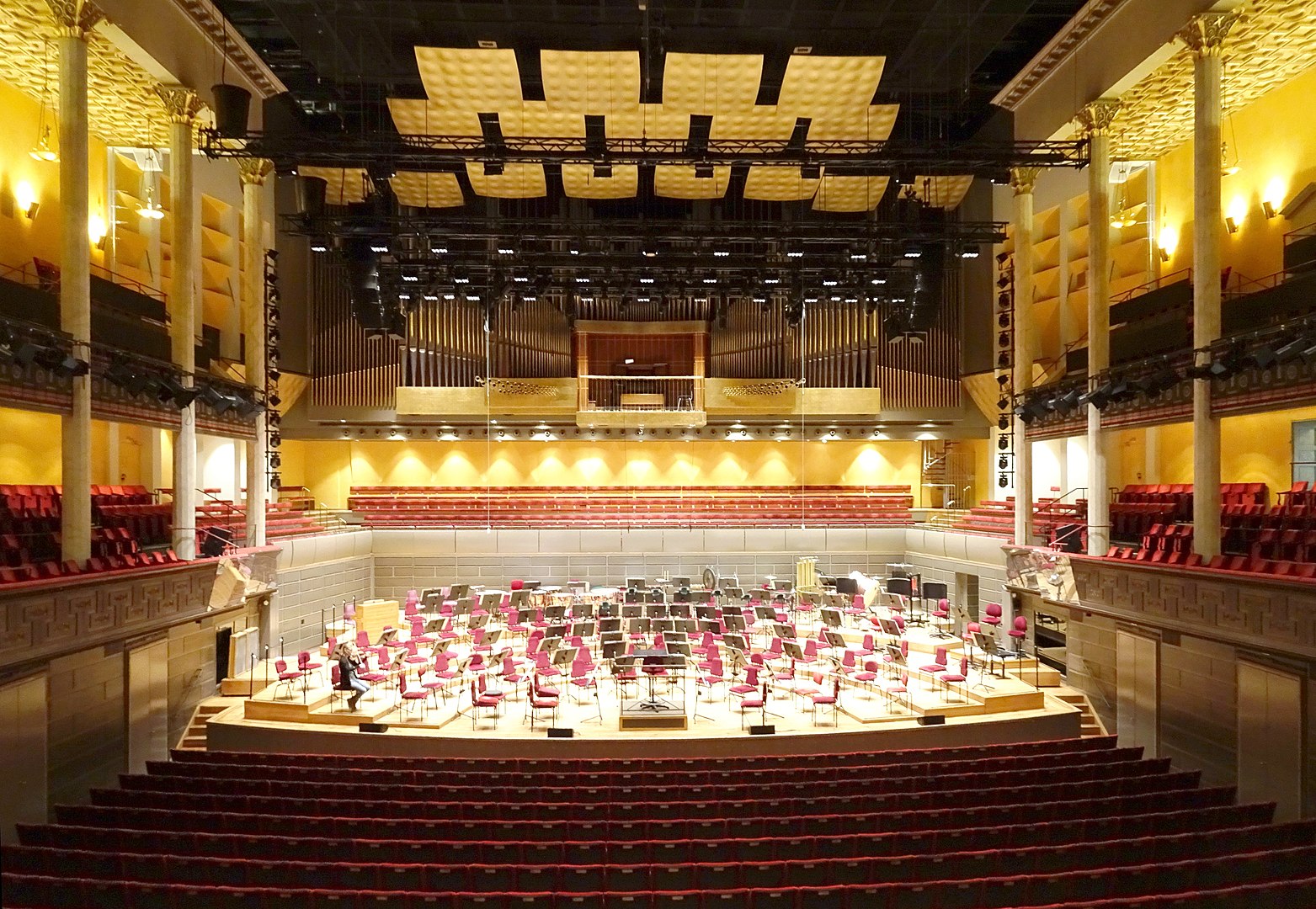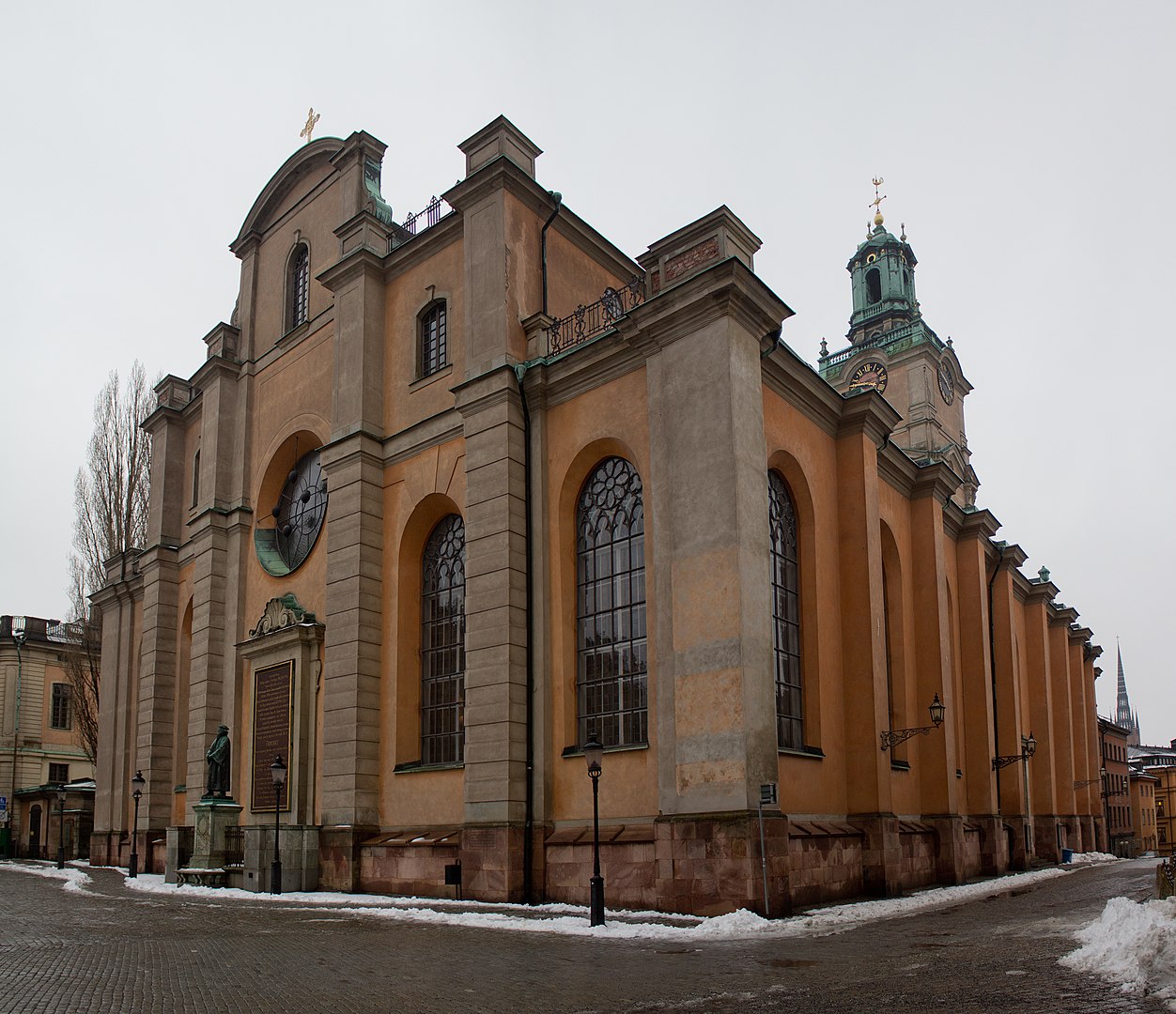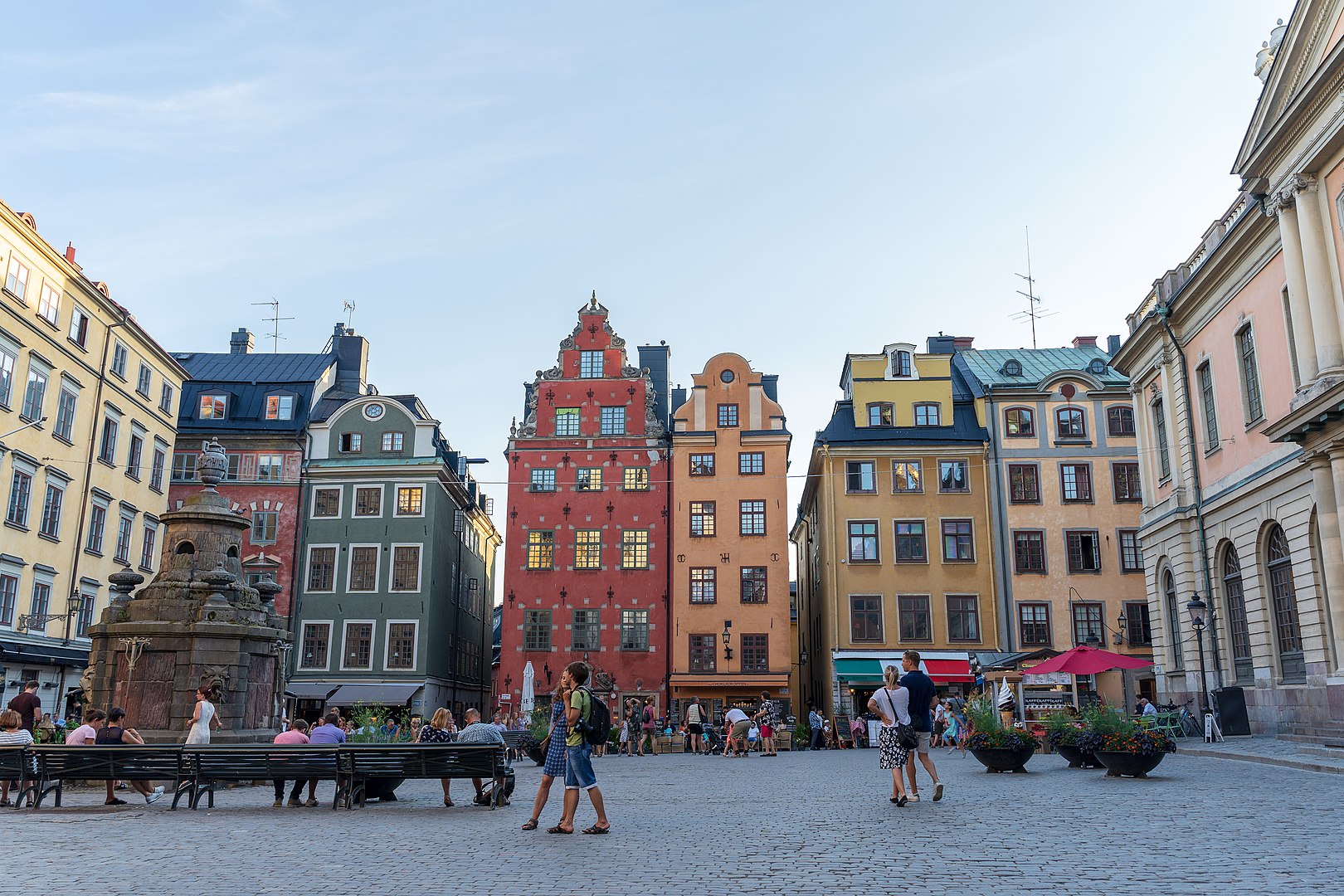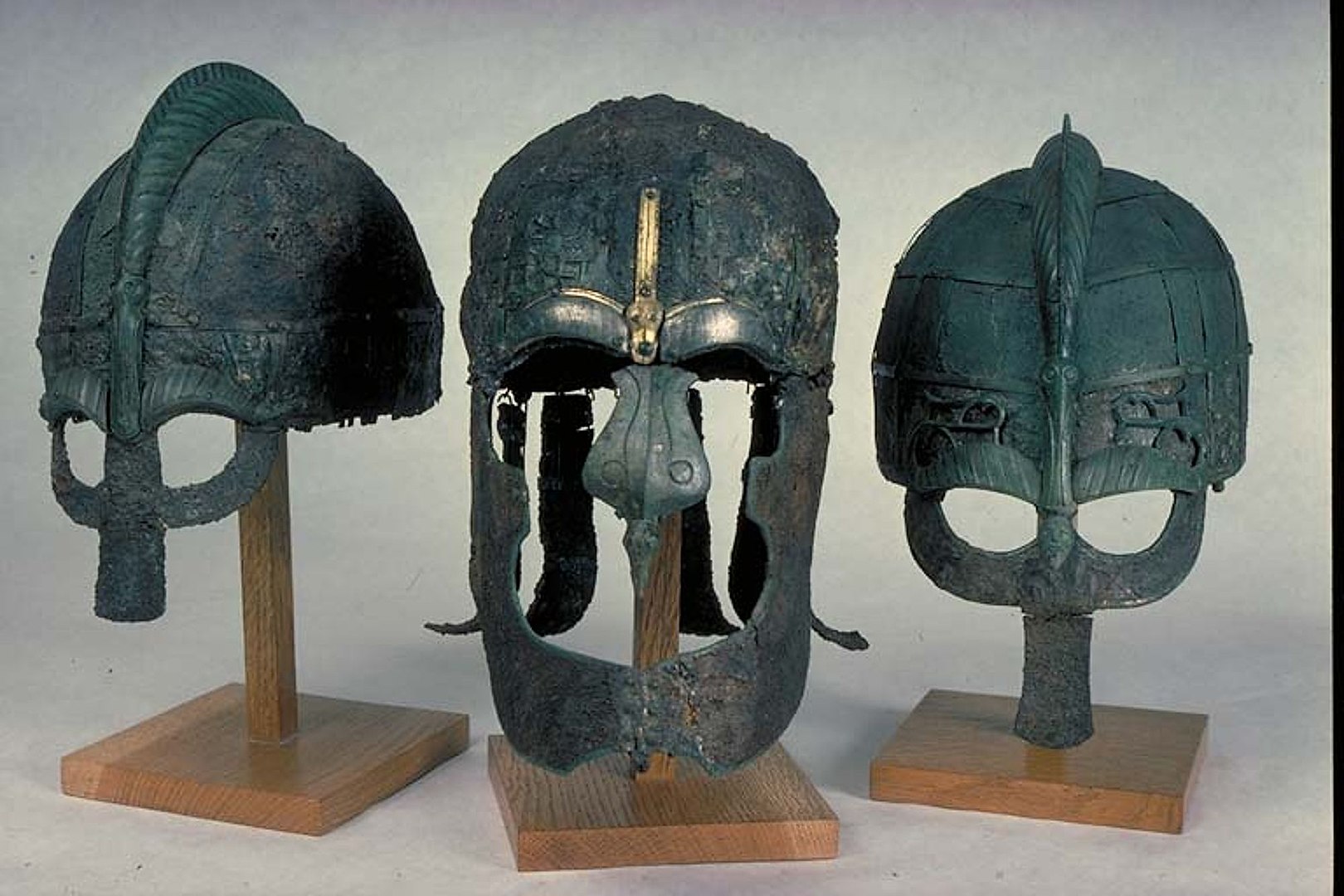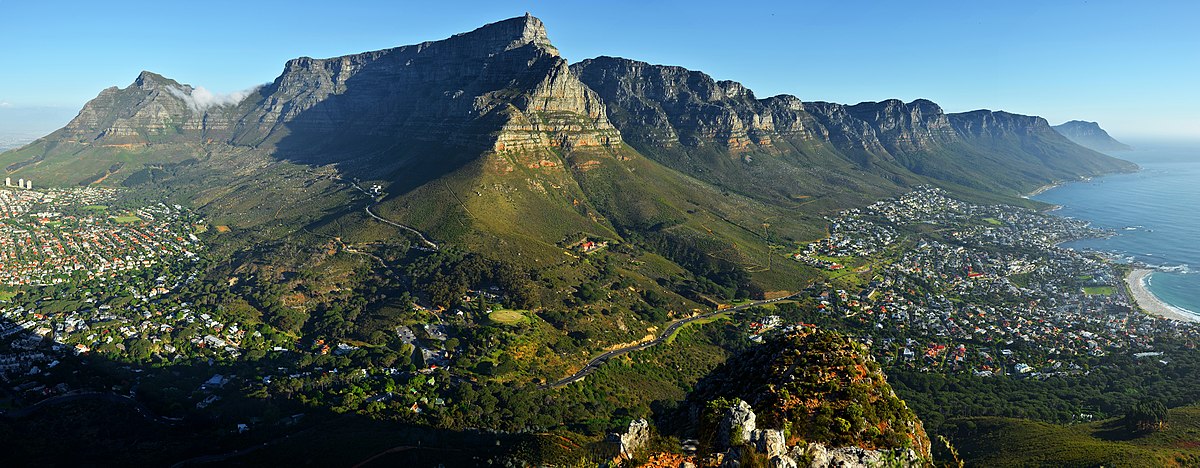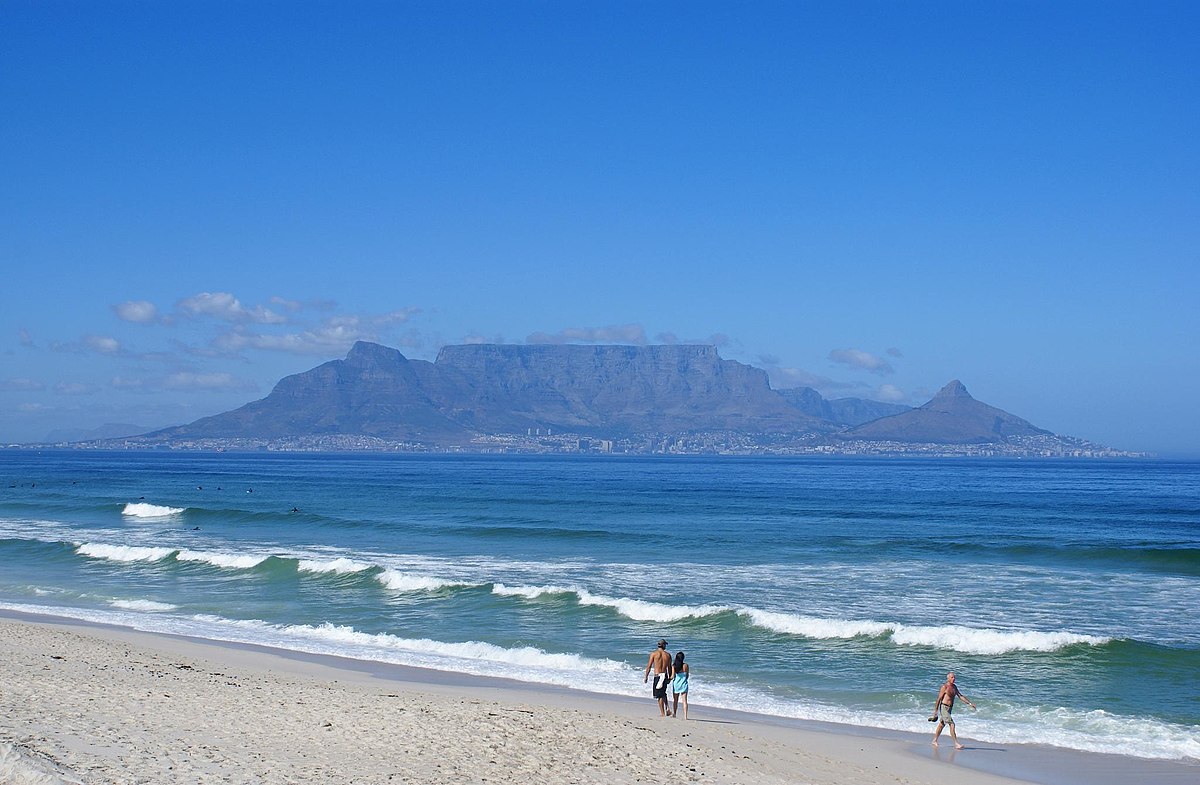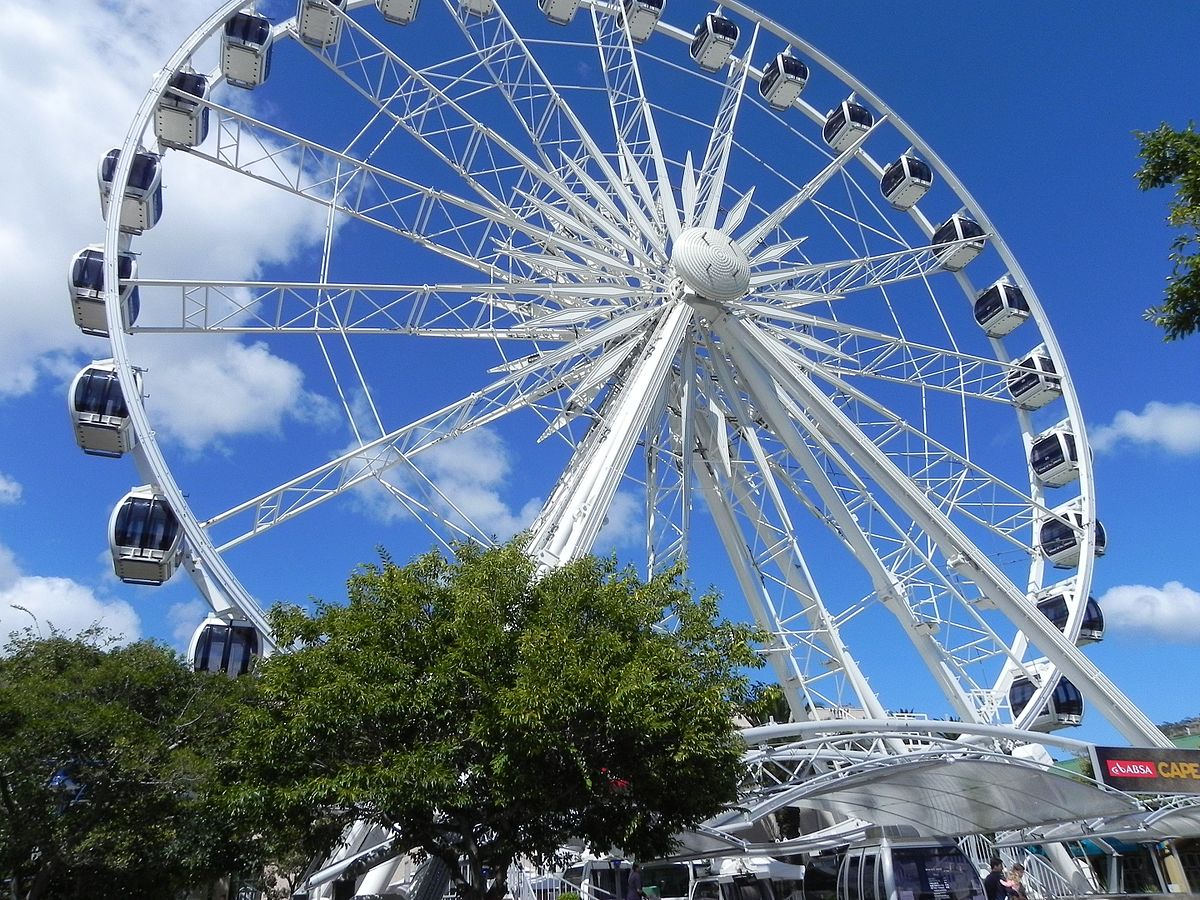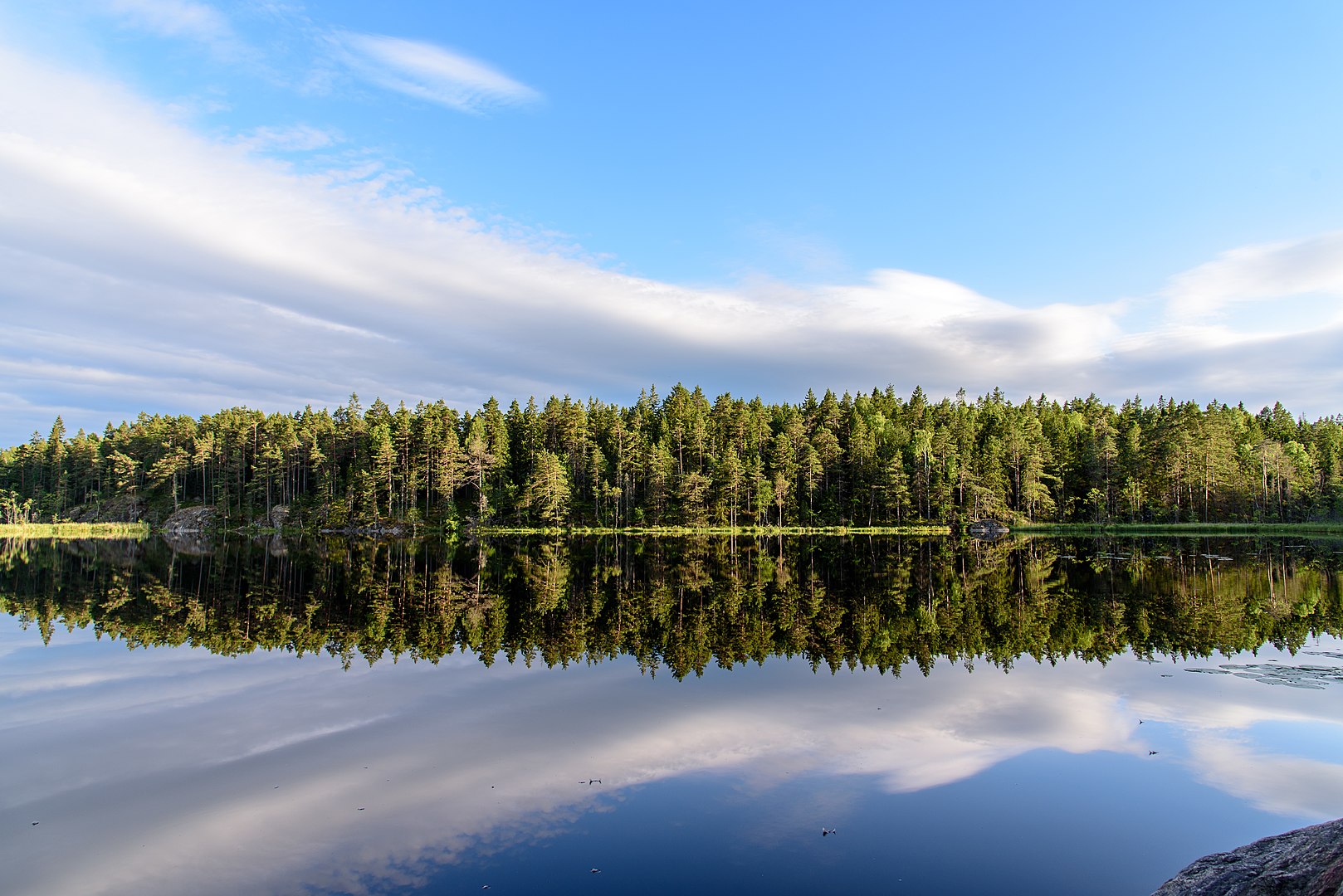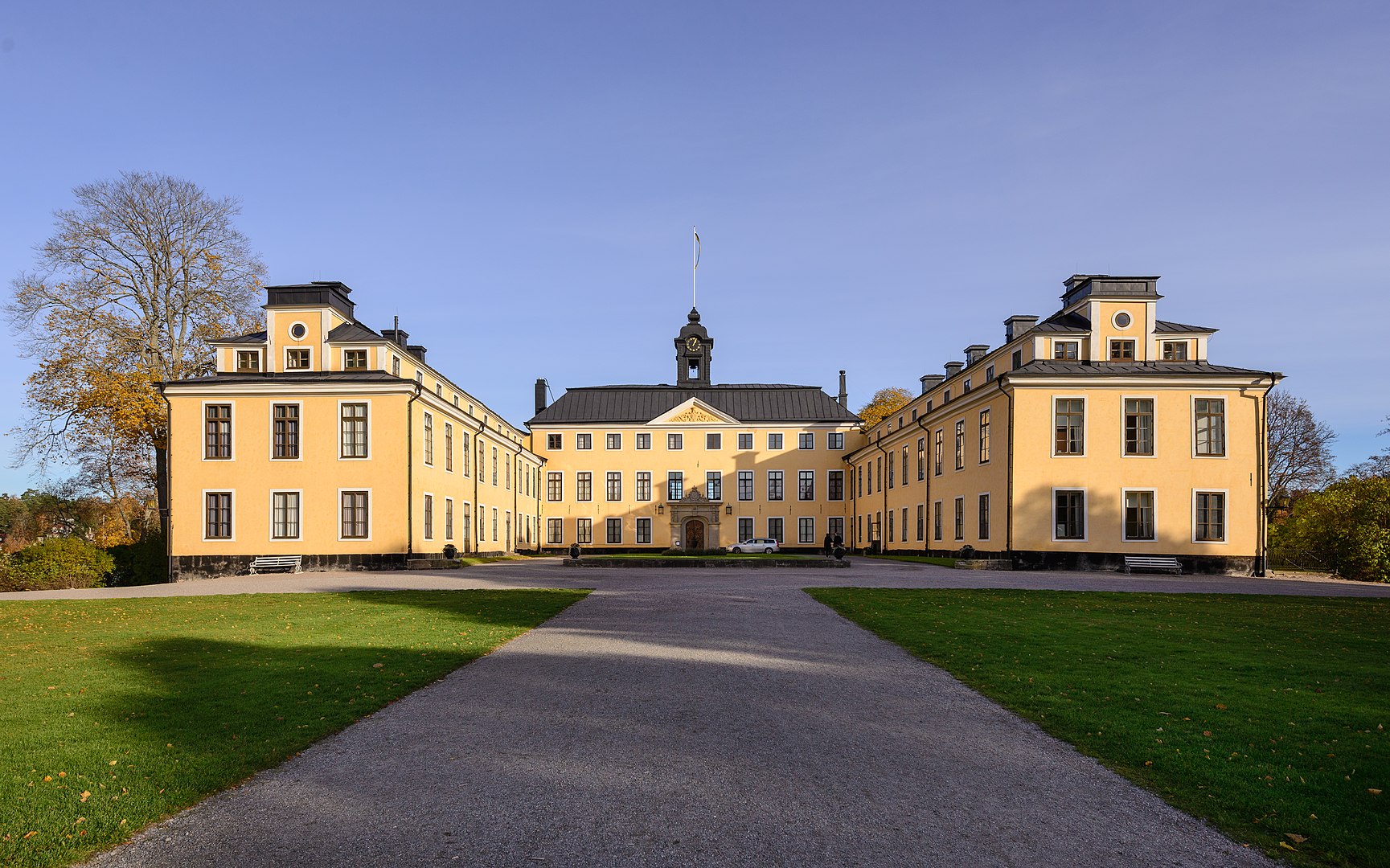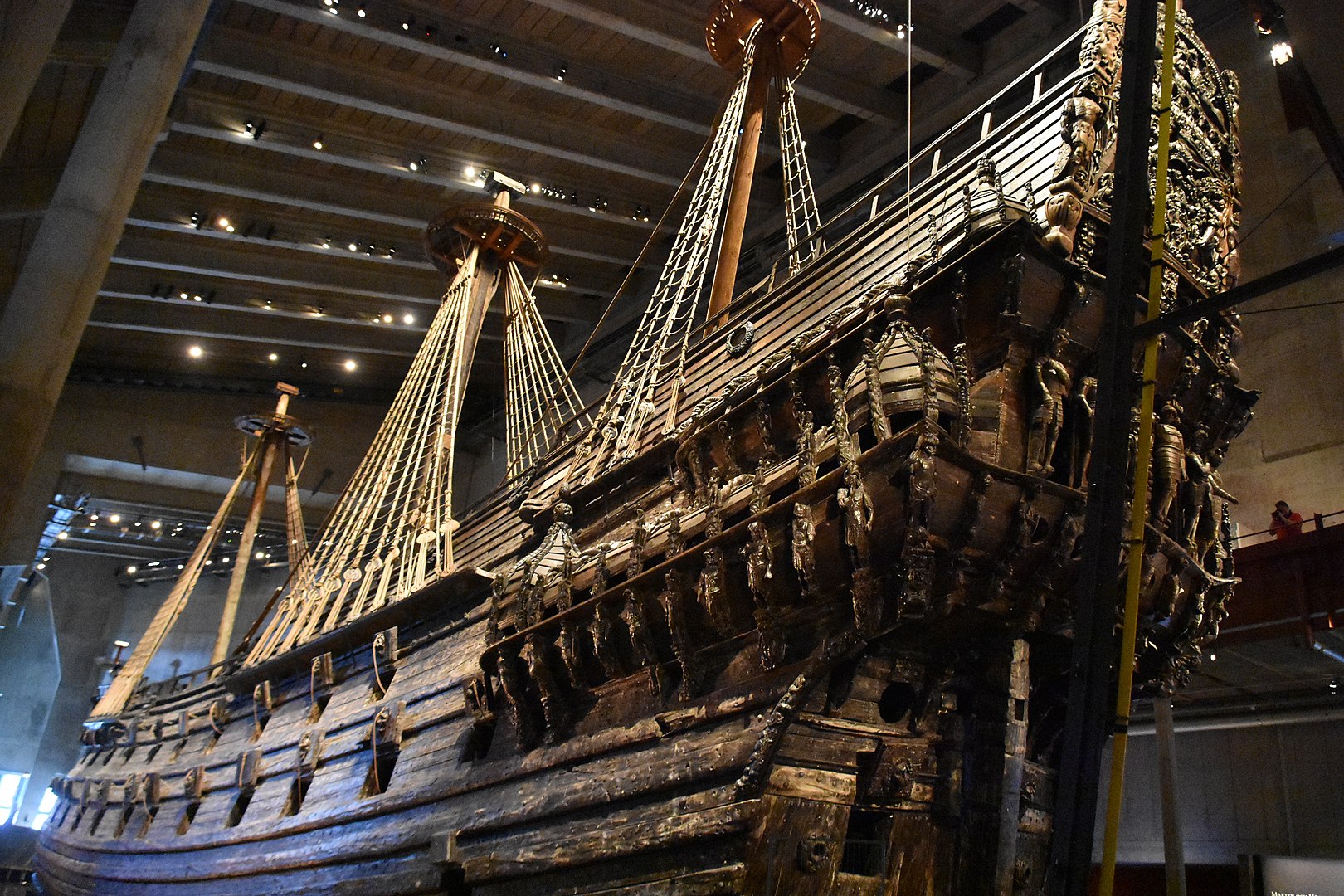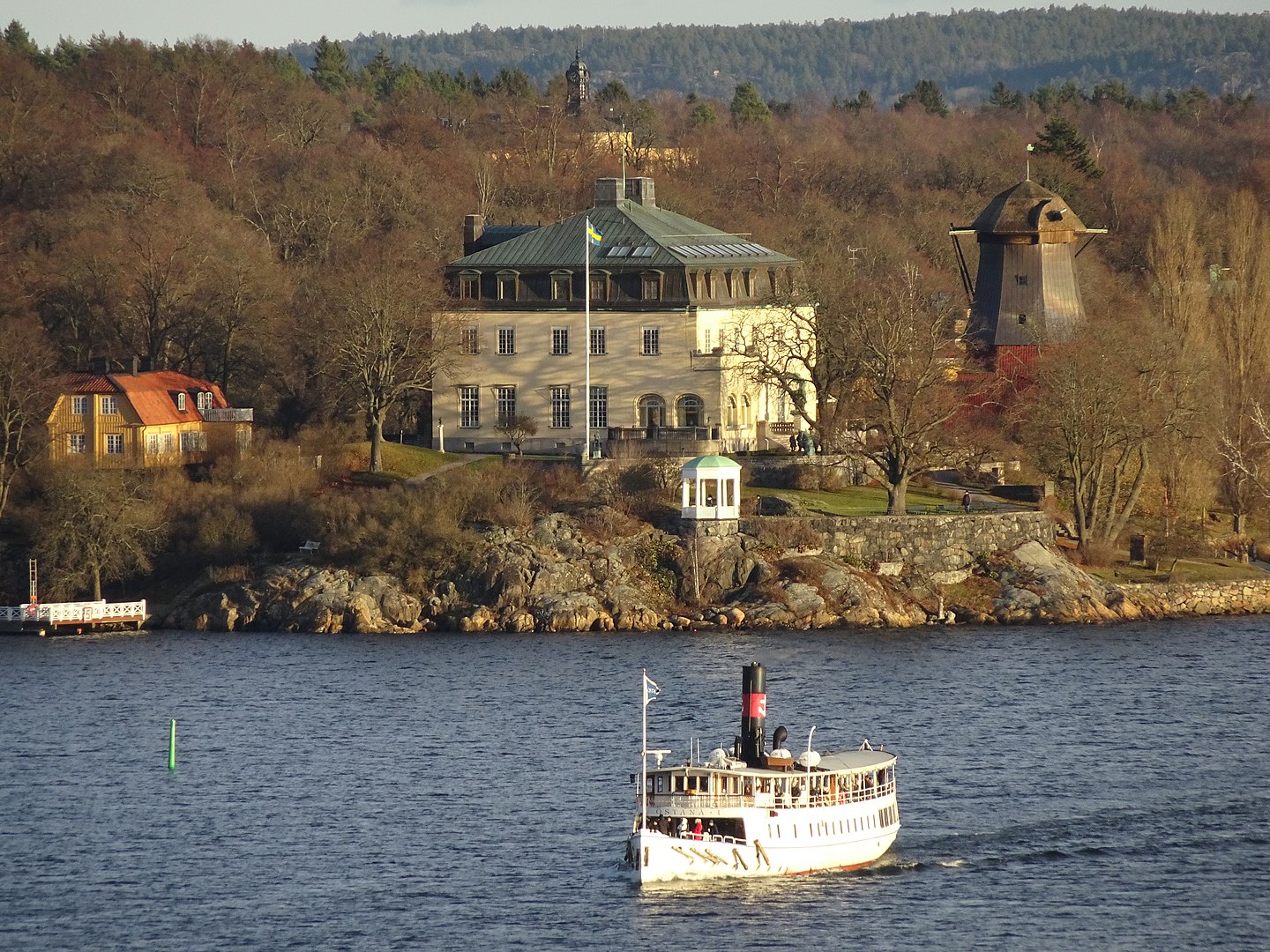CAPE TOWN
Why is Cape Town worth a visit?
A gorgeous location on the southwestern tip of Africa, a world-famous mountain in the middle of the city, plenty of terrific hiking routes and viewpoints, beautiful beaches, a lovely Mediterranean climate, idyllic gardens and picturesque wine estates, unique flora and fauna, and a number of Africa’s most famous and must-see attractions – Cape Town is all that. Affectionately called the “Mother City” by Capetonians, it is definitely one of the world’s must-see places.
Here are our top 10 reasons to travel to Cape Town:
1. Cape town is probably the most spectacularly located major city in the entire world: at the foot of the legendary Table Mountain, at the northern tip of the picturesque Cape Peninsula and surrounded by two mighty oceans – this location cannot be topped by any other metropolis worldwide.
2. Table Mountain: It is certainly the most famous mountain in the world, located virtually in the middle of a city. Both a hike and a cable car ride to the top are a great experience – and the view from the top even more so.
3. No city in the world has such magnificent viewpoints as Cape Town. From the sea as well as from the surrounding mountains you can enjoy sensational panoramic views of the city and its surroundings.
4. Cape Town is home to some of the most famous sights on the African continent: the famous Robben Island prison, the vibrant Victoria & Alfred Waterfront, the impressive Zeitz Museum of Contemporary Art Africa and many more.
5. Cape Town is located in one of the zones with the highest density of plant species in the world. No wonder the city’s gardens and parks are among the most beautiful in the world. The Kirstenbosch National Botanical Garden is worth the trip alone.
6. Cape Town and its surroundings are not only home to many people, but also to many animals. From penguins to seals, sharks and whales to baboons, ostriches and dassies, there is an incredibly colorful animal world to marvel at in the Cape (not in the zoo, but in the wild).
7. Cape Town is a paradise for surfers, sun worshippers and sand castle builders. Hardly any other city in the world has so many great beaches in and around the city as Cape Town.
8 Speaking of sun worshippers: They are in the right place in Cape Town anyway. The city offers a wonderful Mediterranean climate with lots of sun and temperatures between 20 and 30 degrees almost all year round.
9. Cape Town has a lot of history to offer. From the time of the African natives to the settlement by European settlers, the slave trade, the time of apartheid, the legendary fate of Nelson Mandela and the overcoming of racial segregation in the new South Africa, Cape Town has a very eventful history with many dark, but also bright periods to offer.
10. In Cape Town you can eat very tasty. If you think that the cuisine of the Cape is a stodgy mix of English and Dutch food, you are very much mistaken. Because of its colorful population, Cape Town has an incredibly diverse cuisine – and also a very fertile surrounding countryside and the sea on the doorstep.
For whom is Cape Town worth a visit?
Amateur photographers and fans of great views:
Cape Town is one of those cities in the world where you can never put your camera or smartphone away lest you miss the next snapshot. The spectacular location of the city between Table Mountain and the ocean and the many world-famous viewpoints, such as the Cape of Good Hope, Cape Point and Lion’s Head, ensure that every memory card is quickly filled.
Nature lovers:
Cape Town is located in one of the world’s most fertile zones and has a correspondingly diverse flora. In the gardens and parks of the city, but especially of course in Table Mountain National Park on the Cape Peninsula, the heart of every amateur botanist beats faster.
Hikers:
If you want to visit a cosmopolitan city and go hiking at the same time, you won’t find a better place in the world than Cape Town. The Table Mountain massif offers over 100 hiking routes up Table Mountain itself, but also up many other peaks such as Lion’s Head, Devil’s Peak and the 12 Apostles.
Beach boys and girls:
If you are looking for a city with many beaches, you will love Cape Town. The water of the Atlantic is quite fresh all year round, but you will be more than compensated for that at Clifton Beaches, Noordhoek Beach and in Camps Bay by the quality of the sand, the (almost always) beautiful weather, the great waves and the fantastic views.
History buffs:
Like hardly any other city in Africa, Cape Town embodies the coexistence and antagonism of the African peoples and the European immigrants. Cape Town has the longest and also most eventful history of all cities in South Africa. It was here that the first Dutch settlers went ashore, it was here that the first slaves were traded, it was here that the Dutch, British and African tribes fought each other, it was here that Nelson Mandela spent almost two decades in prison and it was here that the freedom of all South Africans was fought for.
Museum visitors:
Cape Town is a museum city. With the South African Museum, the South African National Gallery, the District Six Museum, the Heart of Cape Town Museum and, more recently, the Zeitz Museum of Contemporary Art Africa, some of the most interesting and extraordinary museums in all of Africa are located in the city.
Foodies:
Both Dutch and English cuisines are not exactly known as culinary highlights. But fortunately, their dishes have blended in the Cape with the influences of the indigenous Africans and the cuisines of many other nationalities who came to the Cape of Good Hope as slaves and of their own free will. Cape Town’s cuisine is therefore one of the most diverse and best in all of Africa.
Families and children:
And last but not least, it should be said that Cape Town is a great place to visit with children. Here you can spend the whole day at one of the many beaches, take the cable car up Table Mountain, go hiking on easy to difficult trails, stroll through the Victoria & Alfred Waterfront, visit the famous Two Oceans Aquarium, take a trip to the Cape Peninsula to see baboons, ostriches, penguins and seals (and with a little luck sharks, whales and dolphins) and much more.
Best time to travel
Cape Town is known to be located in the southern hemisphere, which is why summer and winter are the opposite of the seasons in Germany. The best time to travel to Cape Town are the summer months (November to March), which are also the tourist high season. At this time the weather is almost always warm and dry with lots of sunshine. However, it is rarely oppressively hot in Cape Town due to its location by the sea, which is why the temperatures are usually easy to bear even in the summer months (if necessary, you can cool off by jumping into the Atlantic Ocean, which is then about 16 degrees “warm”). In the South African winter (June to August) it is not only quite cool in Cape Town, it can also be extremely humid. If sun and higher temperatures are not quite so important to you, you can also spend a very nice time in the Cape in spring and fall.
Getting there
By car:
Those who, like so many other tourists, combine a visit to Cape Town with a trip through South Africa can reach the city very comfortably by car. Next to Johannesburg, Cape Town is the country’s second major transportation hub and accordingly well connected to the national road network.
By plane:
In relation to the size of the city, Cape Town has a rather small airport with only a few international connections. However, due to the city’s importance for tourism, there are a number of direct connections to Europe. Condor and Lufthansa fly several times a week from Frankfurt/Main and Munich to Cape Town. Eurowings operates the Düsseldorf – Cape Town route once a week and Edelweiss Air flies from Zurich to Cape Town several times a week. There are daily flights from London with British Airways and from Amsterdam with KLM.
As an alternative to a direct flight, Cape Town can also be reached with one change in Johannesburg. As Johannesburg is South Africa’s major international airport, there are more connections via this route than directly to Cape Town.
Shopping
If you’re in the mood for shopping in Cape Town, you’ll inevitably have to visit a luggage store to find enough space for your freshly purchased souvenirs. From African handicrafts to South African diamonds, there are plenty of big and small treasures to take home in the city on the Cape.
Cape Town has several shopping and strolling strongholds. The most famous and popular among tourists is the Victoria & Alfred Waterfront. Here you can find just about anything from designer fashions to high-end handicrafts in over 200 stores. However, the popularity of the V&A Waterfront is also reflected in its prices. Here you usually have to pay a few euros more than at other shopping locations in the city.
In the city center, Long Street and its side streets are the main shopping areas. If you are looking for furniture and antiques, you should take a walk through the Cape Quarter in the De Waterkant district, where you can find some stylish furniture stores. Those looking for a new wardrobe in Cape Town will find a variety of boutiques and fashion stores throughout the city. But above all, the Woodstock neighborhood is known for its numerous designer stores, where you can find many unique fashion pieces.
Cape Town is above all also a city of markets. Various outdoor markets are held throughout the city, where you can buy many local products such as flowers, food, wines and handicrafts. In many places, delicious food is also offered, and some markets even have a musical entertainment program. The most famous market is the daily market in the heart of the city center at Greenmarket Square, which is a must-see. The twice-weekly market on Grand Parade Square also offers many interesting goods. A highlight of the Cape Town market scene is the Neighbourgoods Market held every Saturday in the Old Biscuit Mill. Here, locals gather not only to shop for food and clothing, but also to spend a leisurely Saturday over a glass of wine or beer. And don’t forget: Prices are rarely found in African markets – they are still a matter of negotiation.
Those who prefer to stroll through an air-conditioned shopping mall rather than an air-conditioned market are also spoiled for choice in Cape Town between a number of larger and smaller shopping malls. With about 400 stores, Canal Walk, about a 20-minute drive from the city center, is Cape Town’s largest shopping center. The pseudo-Venetian appearance of the mall is somewhat reminiscent of outlet malls in Europe or the USA. Also recommended in terms of size and selection are the Cavendish Square shopping mall in the Claremont district and the City Mall located on the N1 national highway.
And last, but not least, it should be noted that not only Cape Town itself is a shopper’s paradise, but there are also a variety of interesting shopping opportunities in the surrounding area. On a trip across the Cape Peninsula, for example, you will pass through the small towns of Kalk Bay, Fish Hoek, Noordhoek and Hout Bay, where you can often find things in charming little stores that are not available in this form in Cape Town.

Food and drink
Cape Town would be worth a trip of its own for its culinary delights alone. When it comes to food and drink, the city can easily compete with gourmet strongholds like New York City, Paris and Rome. The dishes served in Cape Town’s restaurants are as varied as they are innovative. There are two reasons for this:
First, a uniquely colorful food culture has developed in Cape Town due to centuries of “intermingling” of diverse nationalities. British and Dutch settlers, Cape Malay slaves, as well as Indian and Asian immigrants – they all brought their own cuisine with them, which has mixed with African influences on site. And secondly, Cape Town benefits from its unique geographical location on the edge of two oceans and a land world-renowned for its enormous diversity of flora and fauna. Accordingly, many different exotic ingredients find their way into the cooking pots of Cape Town’s restaurants.
Traditionally, South Africans love to eat meat. Lamb, beef, pork or even stews and barbecue are often served here. Because of the Indian-Asian influence in Cape Town is also well and gladly spiced. In many restaurants in the city, more exotic meat dishes are also on the menu. For example, the very tasty ostrich meat is very popular, but also kudu, springbok or crocodile can be found on one or the other menu.
Of course, you notice in Cape Town that the city is located on the sea and therefore you can enjoy freshly caught fish. Many South African fish have exotic sounding names like King Klip, Red Snapper or Yellow Tail and you should not miss the unique opportunity to try these fish, which are mostly not available in Europe.
When it comes to food and drink, Cape Town has another ace up its sleeve. The Cape Province is one of the best and most famous wine growing areas in the world. So it’s no wonder that the already excellent food can be enjoyed with equally outstanding wines. By the way, in many restaurants of the city there is a special feature unknown in our latitudes. For a so-called “corkage fee,” which is a small fee for uncorking a bottle, you can bring your own wine to the restaurant (and of course take it home again).
Speaking of prices: Even the best and most famous restaurants in Cape Town are relatively inexpensive by European standards. A lunch or dinner in Cape Town is therefore not only a pleasure for the palate but also for the wallet.
Nightlife and entertainment
Whereas a few years ago Cape Town’s nightlife was limited to Long Street in the city center and the Victoria & Alfred Waterfront, today party people and other night owls will find a whole range of trendy venues spread throughout the city. Cape Town’s nightlife is now an exciting mix of South African and international influences.
Typically for Cape Town, each district has its own nightlife character. The V&A Waterfront is known for its rather cultivated-touristy harbor atmosphere. Long Street, with its bars and clubs, is more of a party mile for younger people and a safe bet if you want to party until dawn. The small neighborhood of De Waterkant has developed into an interesting nightlife alternative in recent years. This is also where Cape Town’s gay community parties. In the posh suburb of Camps Bay, the bars and clubs are correspondingly classy and sophisticated. If you are looking for a mixture of party and beach atmosphere, this is the place to be. And in the District Six area you will find many bars where good live music is played.
In any case, it is advisable to find out about the party and entertainment program in Cape Town at short notice. Cape Town’s nightlife changes quickly, and often locations that were busy a short time ago are no longer in.
Sights
- All in Cape Town
- Alle in Stockholm
- Beaches
- Bridges
- Castles & Palaces
- Churches & Monasteries
- Districts
- Gardens & Parks
- Highlights
- Historical buildings
- Museums & Galleries
- Natural landscapes & National parks
- Other sights
- Shopping
- Streets & Squares
- Theater & Opera houses
- Theme & Amusement parks
- Viewpoints
- World Heritage Sites
- Zoos & Aquariums

Photos: LisakAy, Table Mountain as seen from Signal Hill, CC BY-SA 4.0 / Pavel Špindler, Stolová hora a 12 apoštolů, Kapské město – Table Mountains, Cape Town – panoramio, CC BY 3.0 / shi zhao, Cablecar to Table Mountain, CC BY-SA 2.0 / Harvey Barrison from Massapequa, NY, USA, Cape Town 2012 05 15 0128 (7179917995), CC BY-SA 2.0 / Pavel Špindler, Na vrcholu Lví hlavy – Kapské město – panoramio, CC BY 3.0 / SkyPixels, Boe-Kaap, CC BY-SA 4.0 / anonym, CT Clifton, CC BY-SA 3.0 / Didier B (Sam67fr), Kirstenbosch – View from the Botanical Gardens, CC BY-SA 3.0 / Martinvl, GrootConstantiaHomestead, CC BY-SA 4.0 / Discott, Old YMCA Building, CC BY-SA 3.0 / I, PhilippN, Houses of Parliament (Cape Town), CC BY-SA 3.0 / Axxter99, Zeitz Museum of Contemporary Art Africa, CC BY-SA 4.0 / Ossewa, Greenmarket Square, Cape Town, CC BY-SA 3.0 / SkyPixels, Cecil Rhodes Memorial Elevated View 1, CC BY-SA 4.0 / AlterVista at German Wikipedia, Cape Point large, CC BY-SA 3.0 DE / Stefan Schäfer, Lich, Sign at the Cape of Good Hope 2013, CC BY-SA 3.0 / Hilton1949, Aerial View of Sea Point, Cape Town South Africa, CC BY-SA 3.0 / Olga Ernst, Boulders Beach Suedafrika, CC BY-SA 4.0 / Simisa, Greater Cape Town 12.02.2007 16-26-36.2007 16-26-38, CC BY-SA 3.0 / StevenMorrow, SM 20110816 2009 WLM 2014 Table Mountain, Cape Town, CC BY-SA 3.0
English version: Machine translation by DeepL






